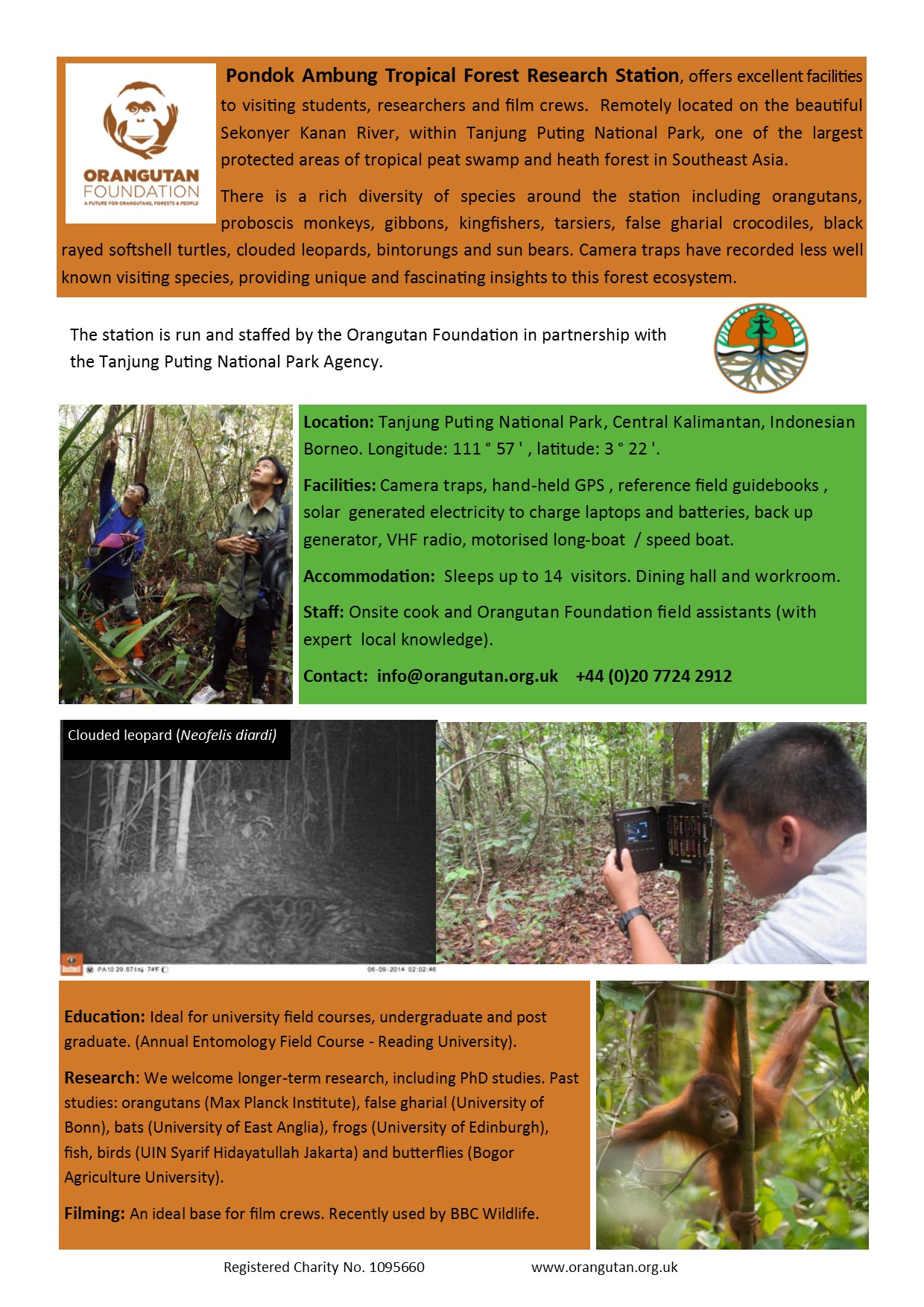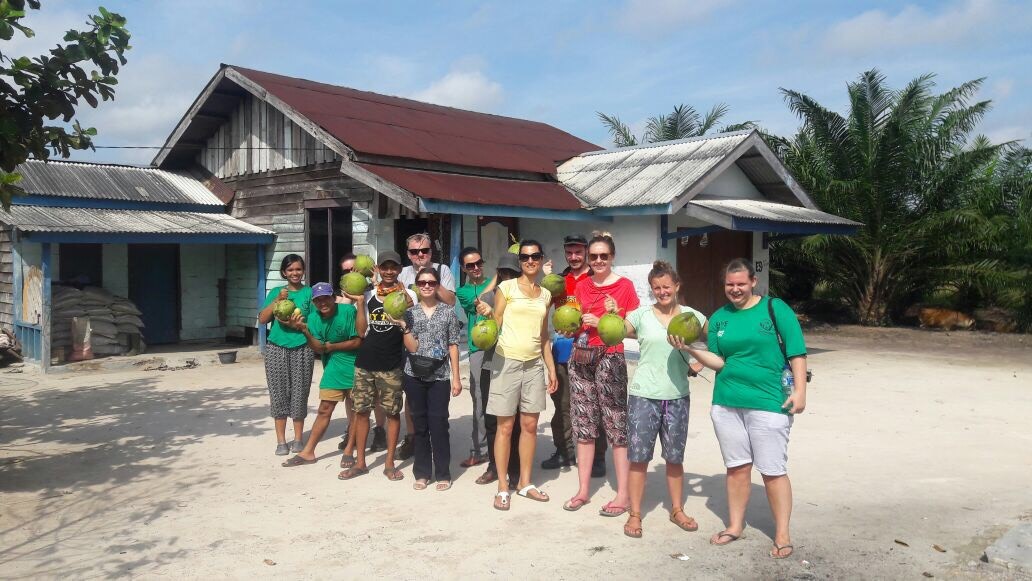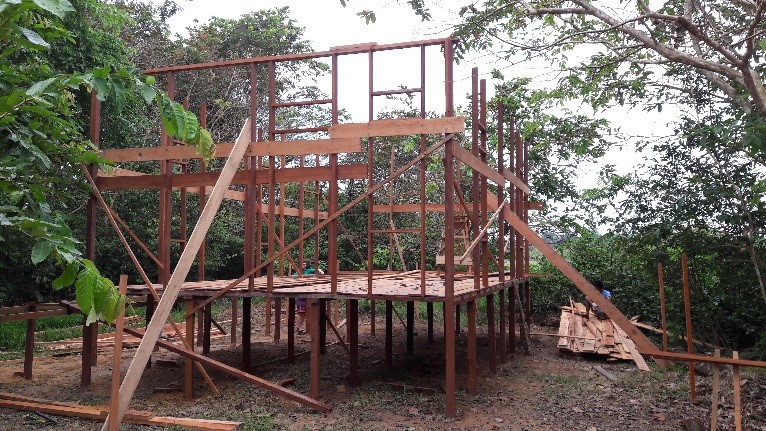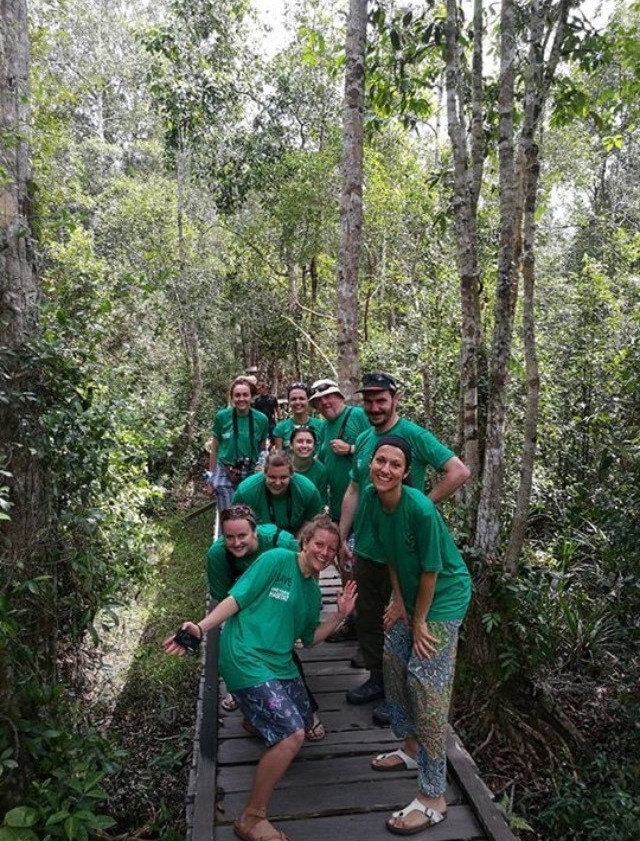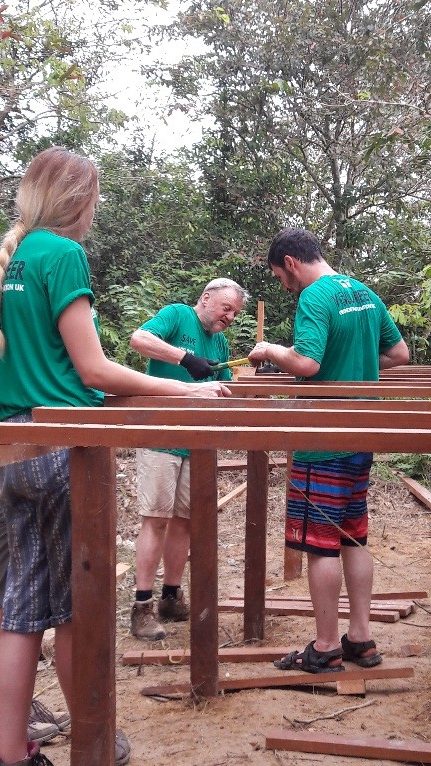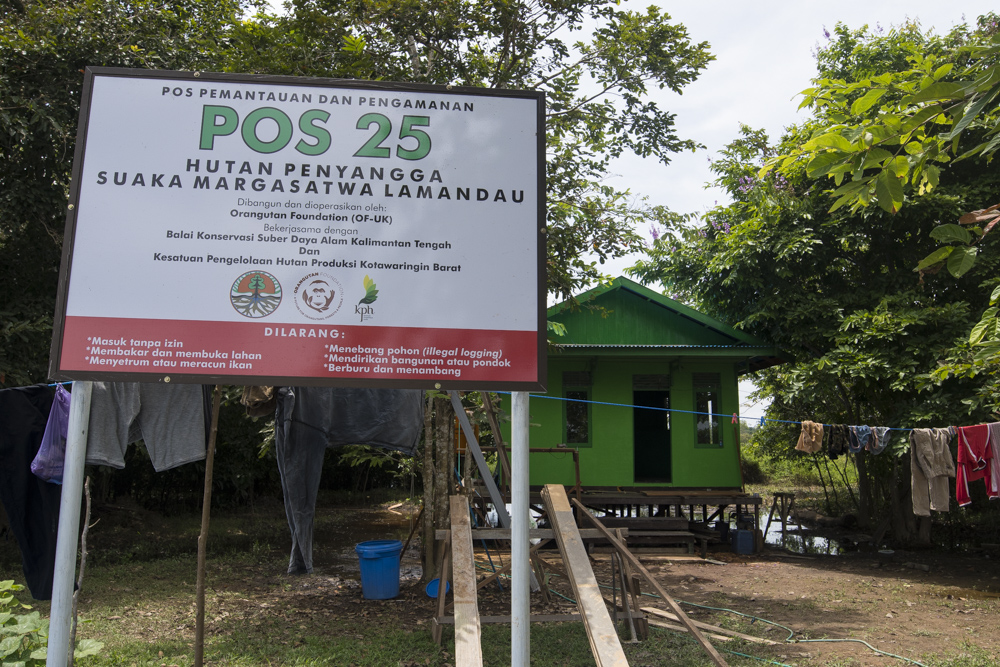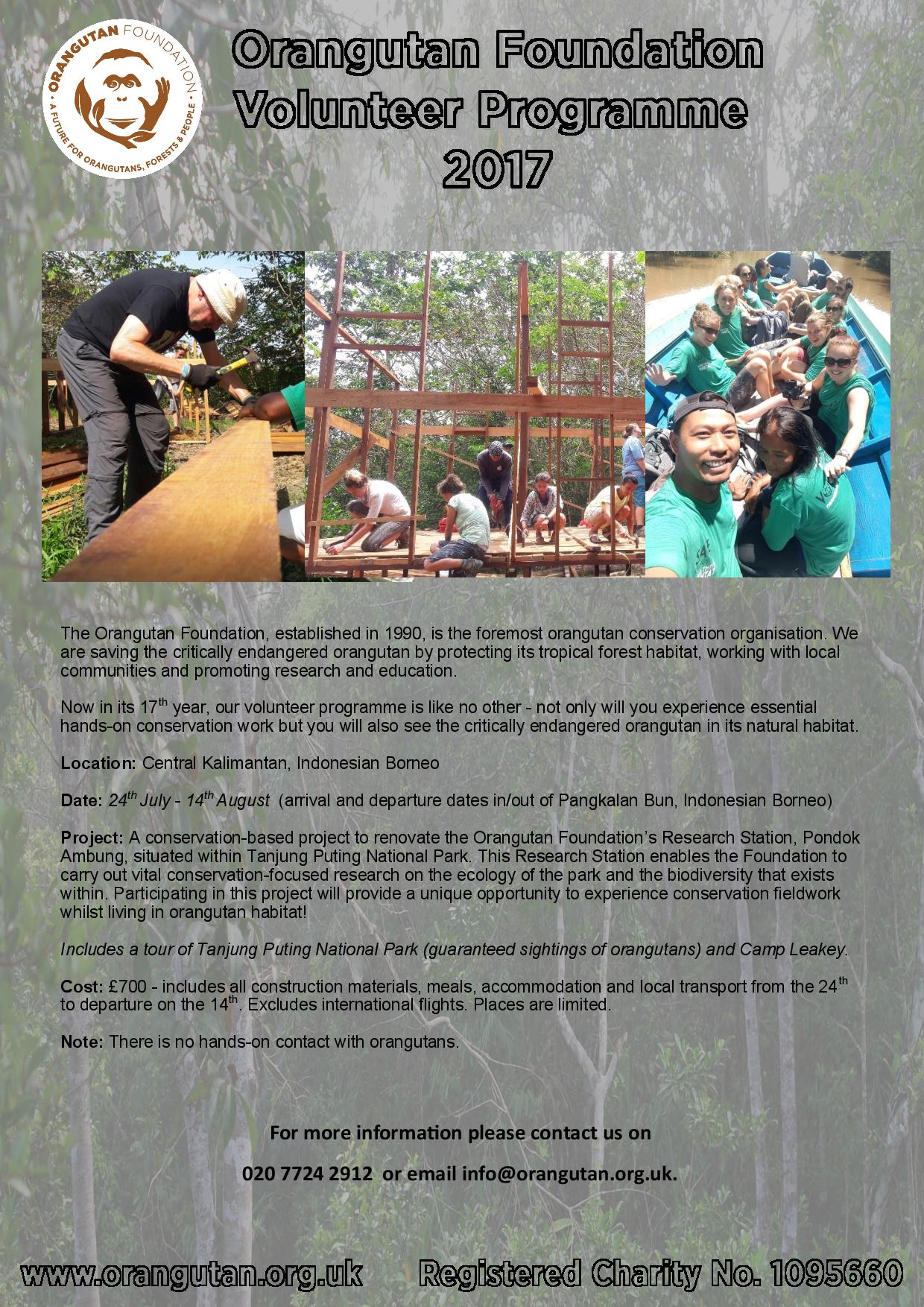"Have you ever considered doing something for charity? Wanted to do something worthwhile without knowing quite what? Well I've had this nagging away at me for sometime now, but what to do and for which charity?
Well, one such thought I've had for a while is to visit Borneo, at least once in my life and do some work with Orangutans. Ideally I'd like to visit regularly and do as much as I can, by way of contributing to a better life for this species. Apes (like many other endangered species), our closest relatives deserve so much better than we afford them. Ideally they should be left alone to enjoy their environment, but the world will no longer permit that. We continue to mistreat them and abuse their habitat for our own, short sighted greed! Perhaps my want to visit and help is nothing more than a pipe dream. And surely hellishly expensive too! Oh well. Maybe not.

Anyway, last year I made some big changes to my life; quit smoking after 30 years, got a new job, started eating healthily and decided to get fit . I also met a new special someone. We chatted about anything and everything, as you do. Dreams and ambitions got discussed and Borneo and the Orangutans were mentioned. Anyway, a few days later we meet up and she presents me with a gift. I unwrap it and am enchanted to have been given a t-shirt from the Orangutan Foundation. Enough already, I hear you saying. I check out their website a day or two later and it seems they have premises in London!!! Just around the bloody corner from where I used to work. Who felt silly now?

To cut a long story short I read the website front to back and top to bottom (can you do this with a website? If you can, then I did). I read with interest about the great work and learned about the volunteer programme. Wow! Borneo suddenly seemed very achievable. It would have to wait until next year, possibly the following, but it no longer seemed like a pipe dream after all. Could I do anything in the interim...?
A further conversation raised the topic of running a half marathon. Well I could do that I suppose. I COULD DO THAT!!! Why not? Run a half marathon (a full one still seems too far) and raise some money for the Orangutan Foundation. Yes, I want to be out there and do some work directly. But why on earth should I not do anything from this end in the meantime? So a few days after I stuff myself silly at Christmas I email Sophie at the OF London office and tell her I'm entering the Silverstone Half Marathon in March and would like to raise funds for them. March. That's aeons away. Of course I'll be ready. I can go from no exercise to 13.1 miles in 12 weeks. Oh dear....

Off to the shops and I get my running kit. Wow! I could have just sent a cheque for the value of that little lot. Much easier. And training begins. Week by week everything goes well. By week 7 I'm up to 10k. I can do this! Then week 8 - disaster! I've been too cocky and overdone it. Shin splints. Nooooo!!! I am unable to run for 3 weeks. I can barely walk. Fast forward and a week to go before the event and I am able do a couple of 4k runs to keep everything moving.
And I arrive at the day. Silverstone. Have I bitten off more than I can chew? A dear friend, Allan calls and tells me I'm an inspiration and he's proud of me. Now sir, that's perfect timing and I'll be eternally grateful for that phone call. There are many in heavyweight fancy dress - are they serious? You better believe they are. Boys and girls in their 70s and 80s are lining up beside me. There's a guy in a dinosaur outfit, barefoot! Well. It's now or never.
So off we go. Mile after mile.... after mile.... after mile. This is going to take forever. I look up. I can see one of the mile markers. How far have I got, 4, 5, 6 miles already? TWO! You're having a laugh mate! TAXI!!! And you guessed it, the guy in the dinosaur outfit had gone passed me (after about 300 yards by memory), I'd also just got overtaken by a guy in his ostrich/jockey garb - a la Bernie Clifton.
Well I got there in the end and managed a decent time. I had great support all the way. Around the track from my mate Dani and my lovely lady too. From other friends who called and text and spurred me on and also from fellow runners and those who came out on the day to cheer on their own loved ones. And there were so many others who supported with their donations. I am so grateful to everyone and can't wait (but I shall) to do the next one.
So first part of project Borneo ticked off my list. How many more stages to this journey there'll be I really don't know, but there will be more and I know I have only just started. The important thing is I have started. One day in the not too distant future I'll be working away in Borneo and I'll think of my day at Silverstone and the t-shirt that Alison gave me as a gift and I shall smile and probably have a little laugh to myself. Doing your bit is as much easier than you think!"

Fundraiser Arif Huseyin ran the Silverstone Half-Marathon, March 12th 2017. He not only made fantastic time but also managed to raise a terrific amount – over £1,000.
These funds will be spent on a new klotok (boat) to enable Orangutan Foundation field staff stationed at two of our guard posts to carry out their daily activities. The two guard posts are based in the south of Tanjung Puting National Park, Indonesian Borneo - Sungai Buluh Besar and Sungai Buluh Kecil. These guard posts act as bases from which the local area can be monitored and protected from any illegal activities.
Have you been inspired to take part in a fundraising activity for the Orangutan Foundation? Click here to find out all the different ways you could get involved and support orangutan conservation.
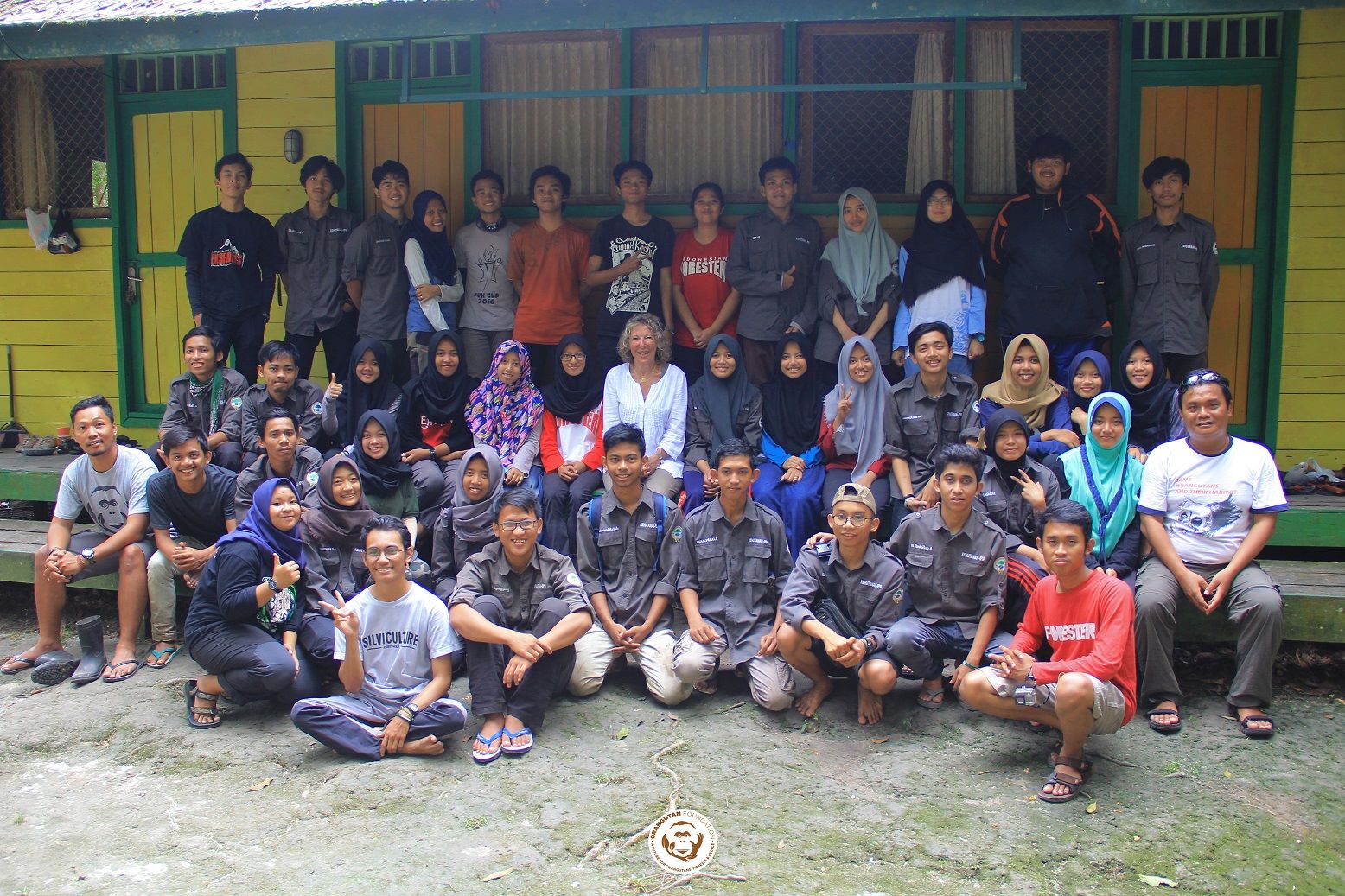
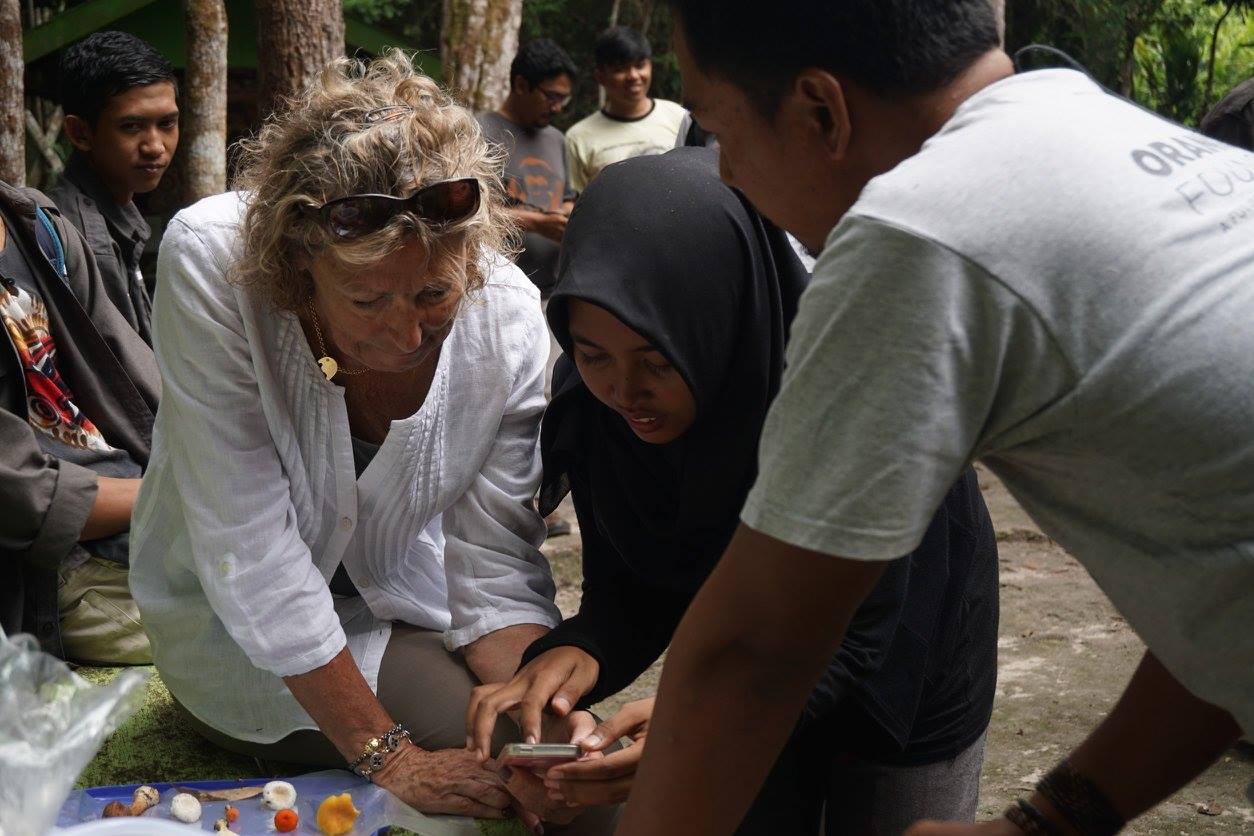
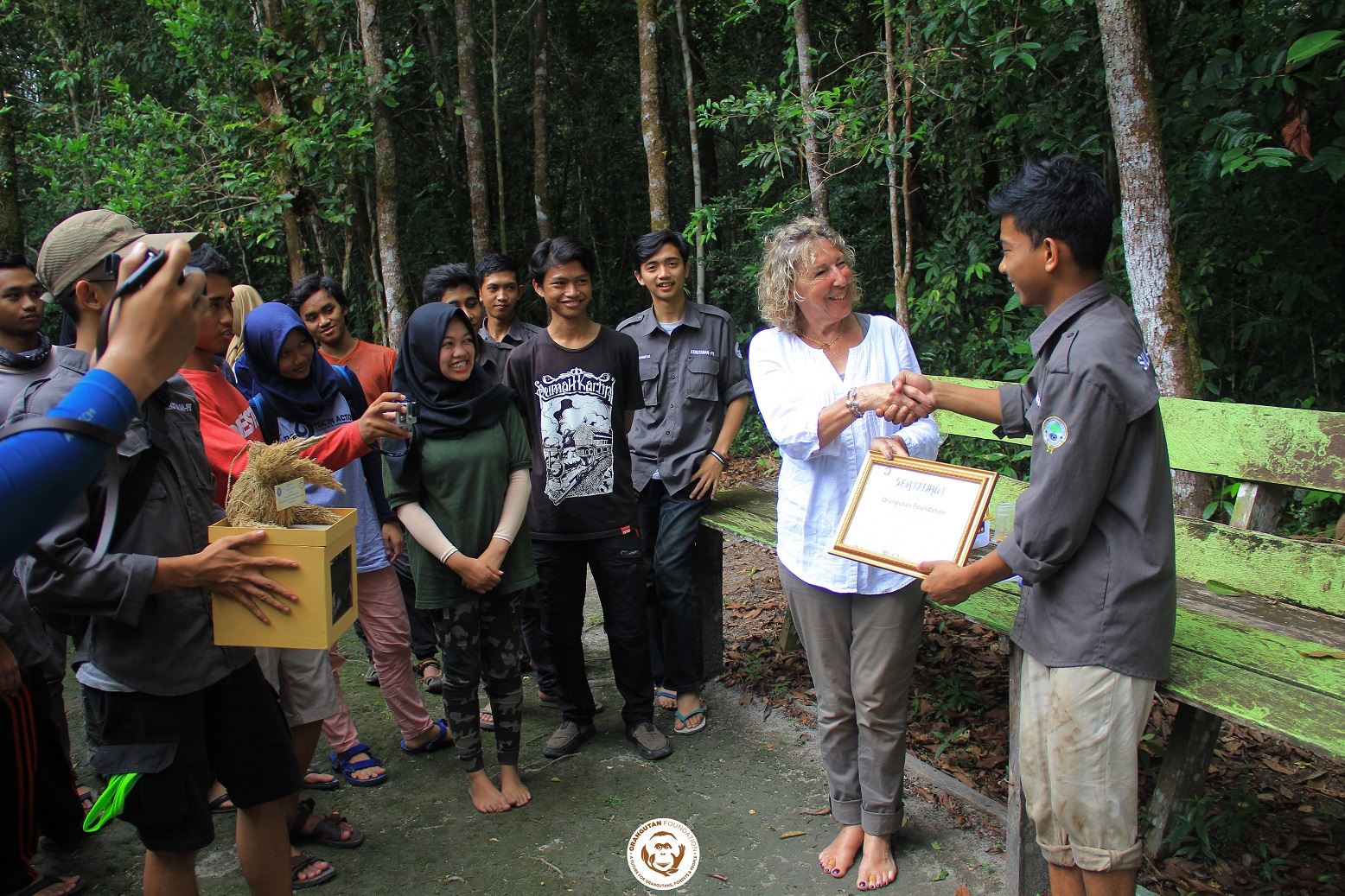

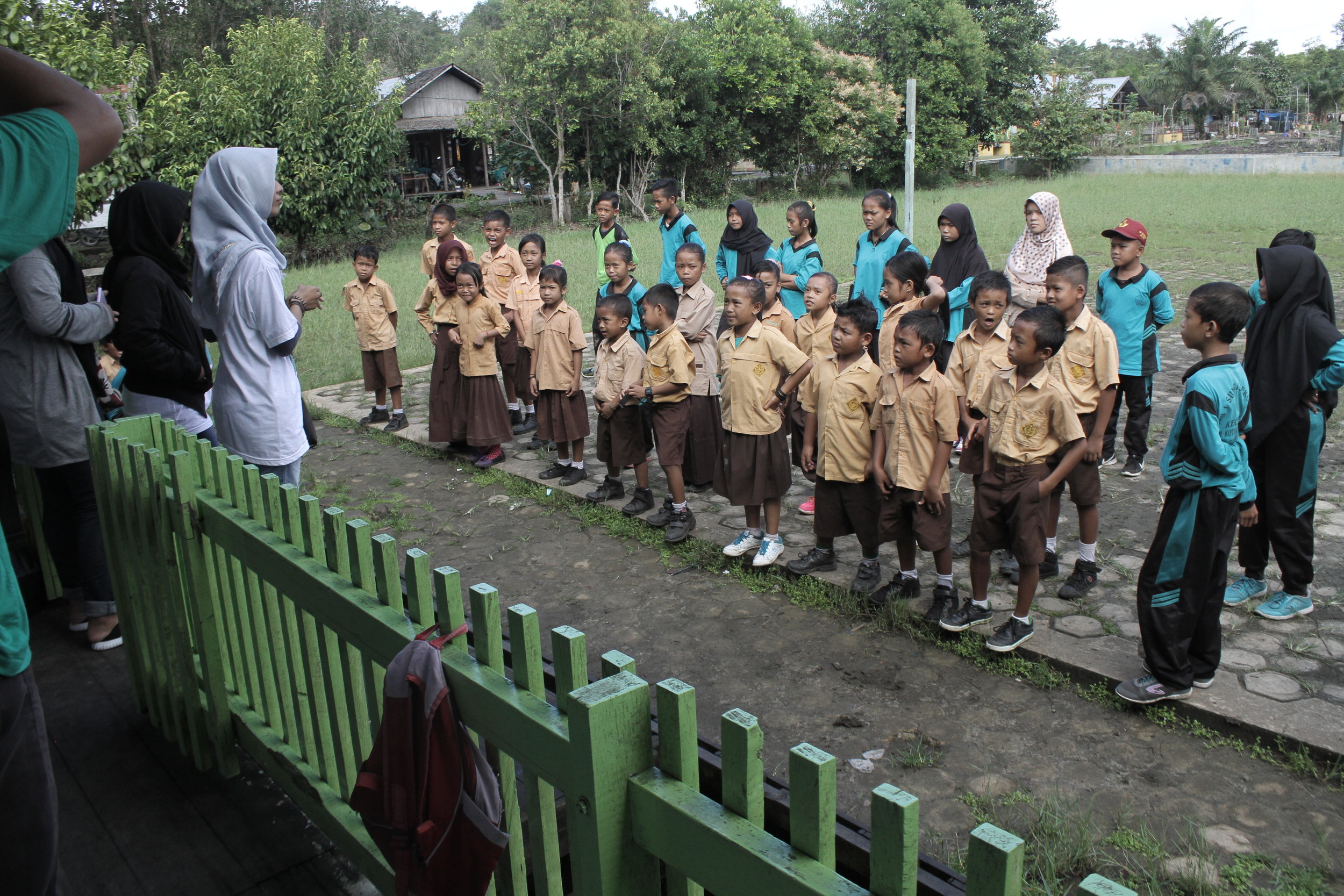

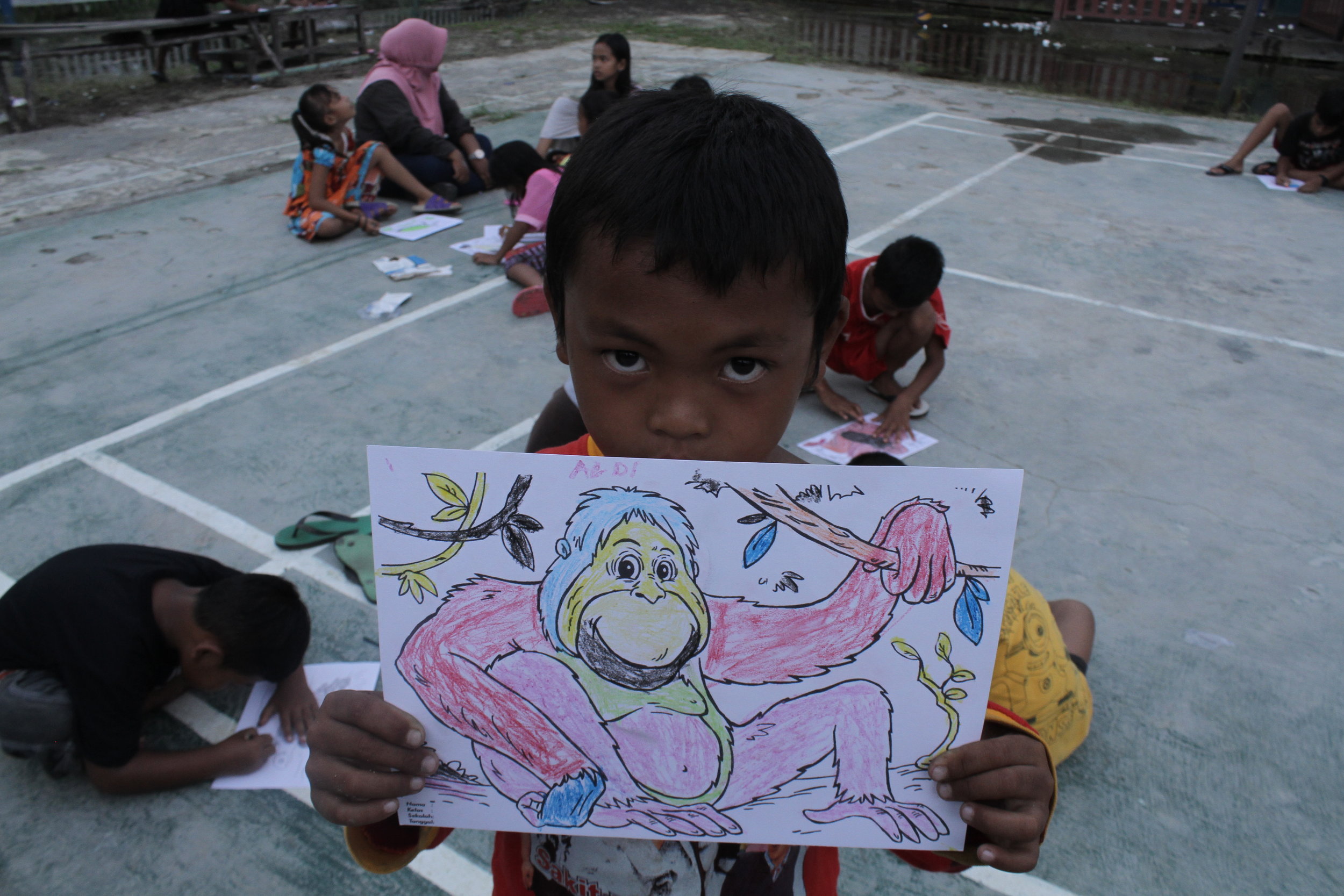

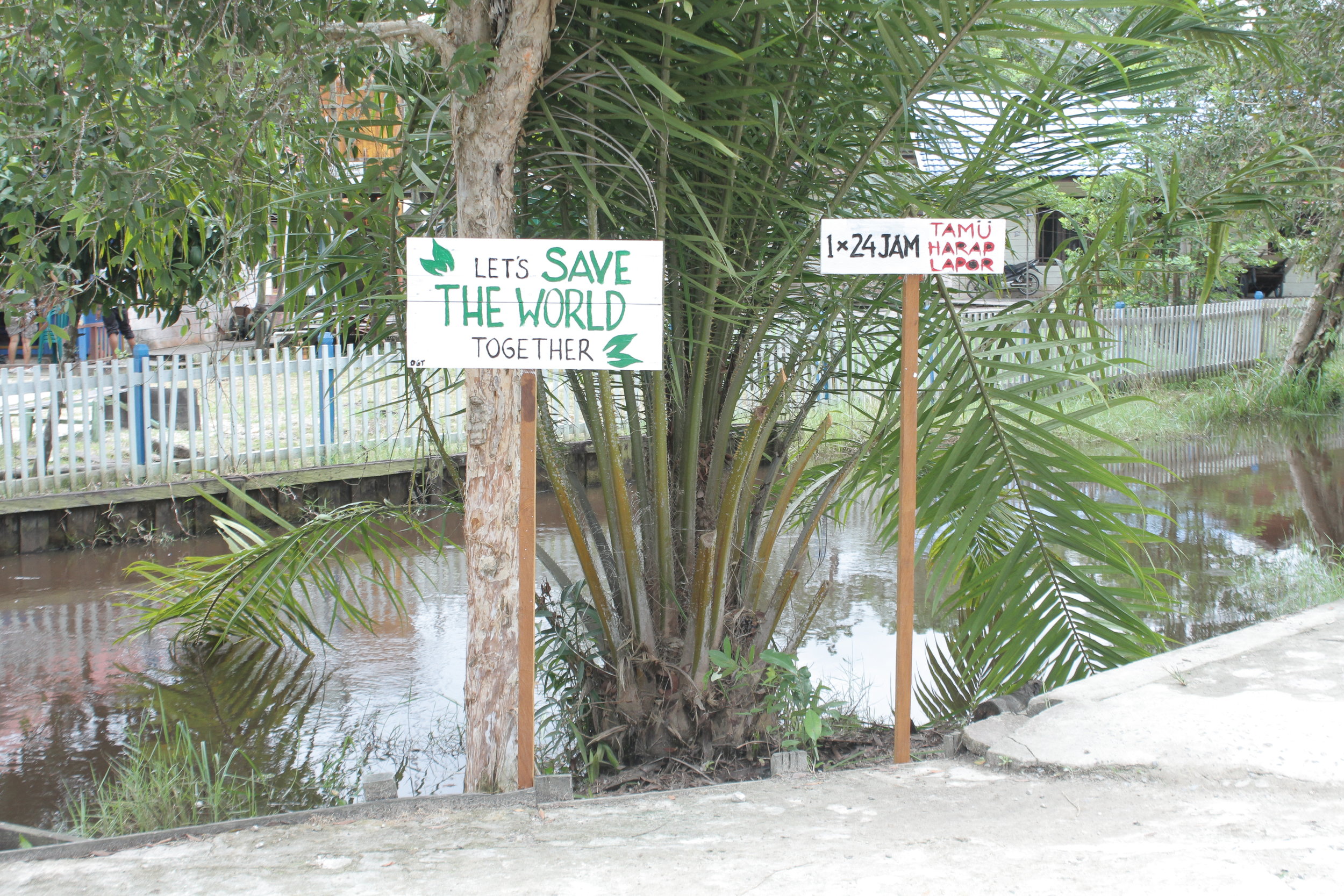

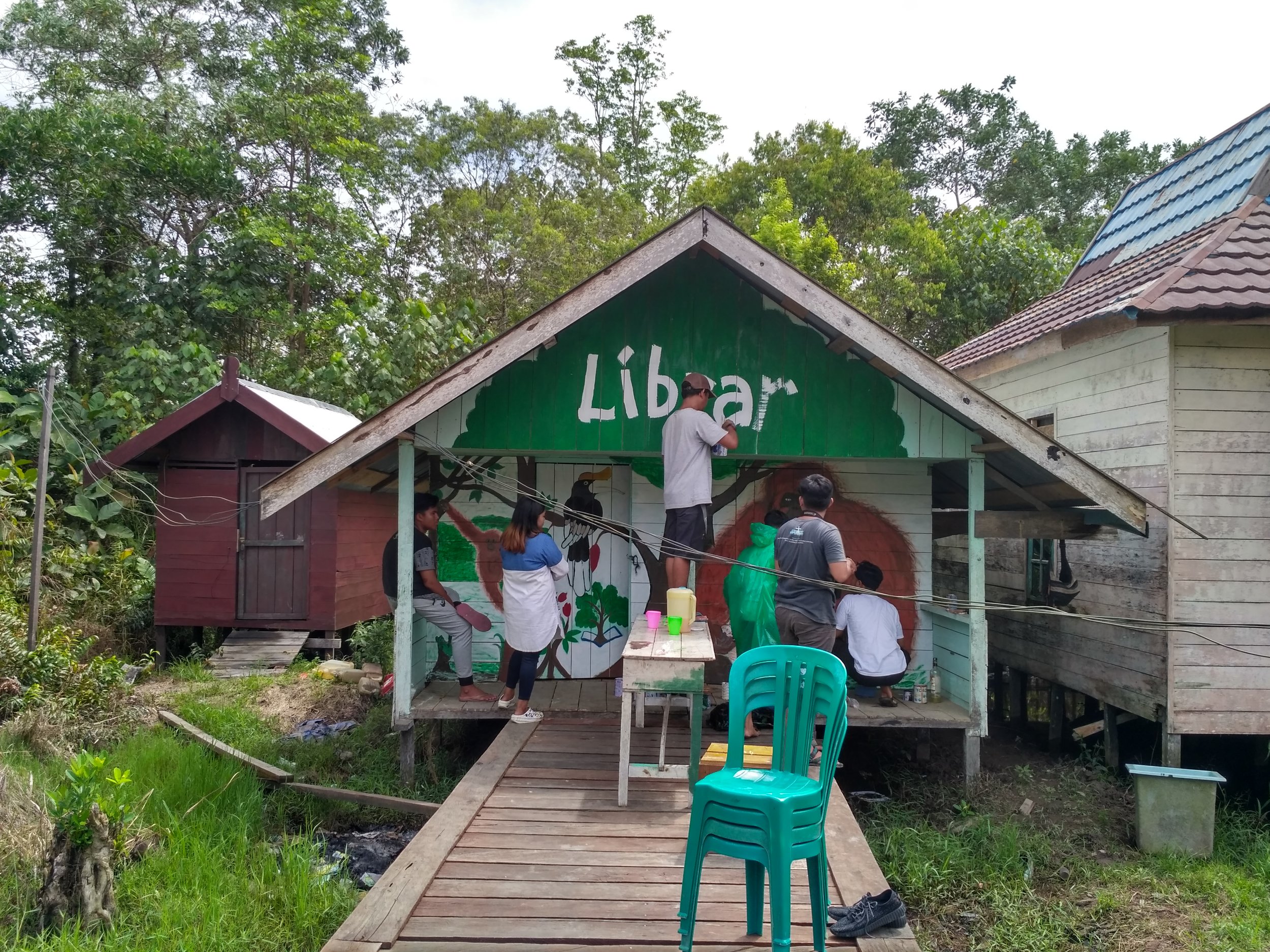
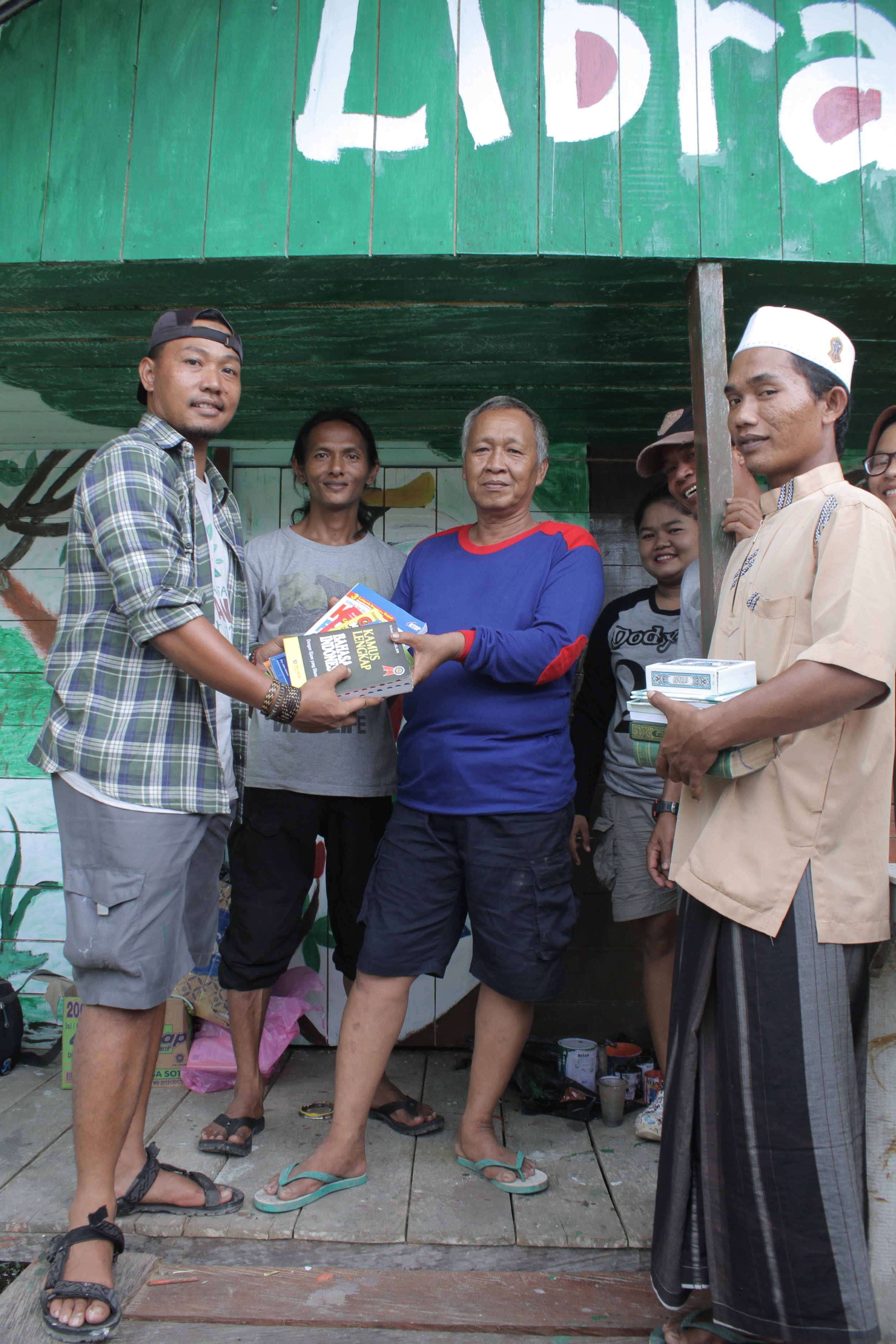
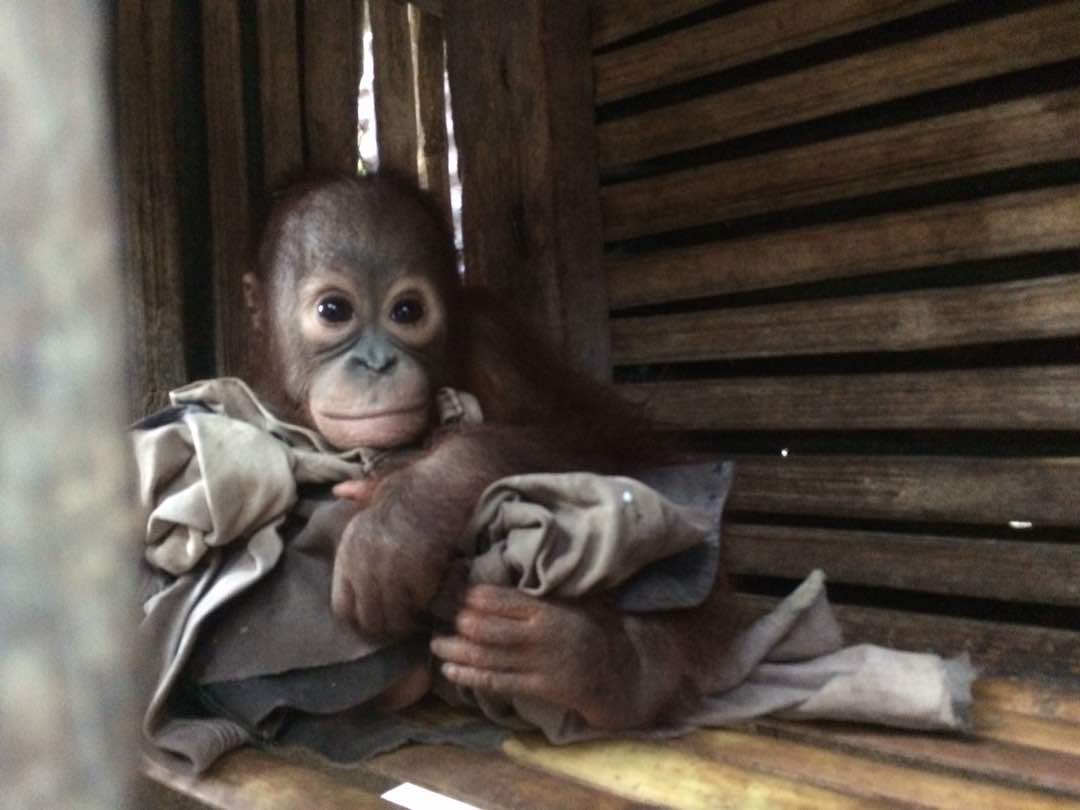 On 19th June 2017, BKSDA informed our field staff that they had just confiscated an orangutan from people who had been keeping it as a pet in a nearby village. This orangutan was entrusted into the care of the Orangutan Foundation.
On 19th June 2017, BKSDA informed our field staff that they had just confiscated an orangutan from people who had been keeping it as a pet in a nearby village. This orangutan was entrusted into the care of the Orangutan Foundation.
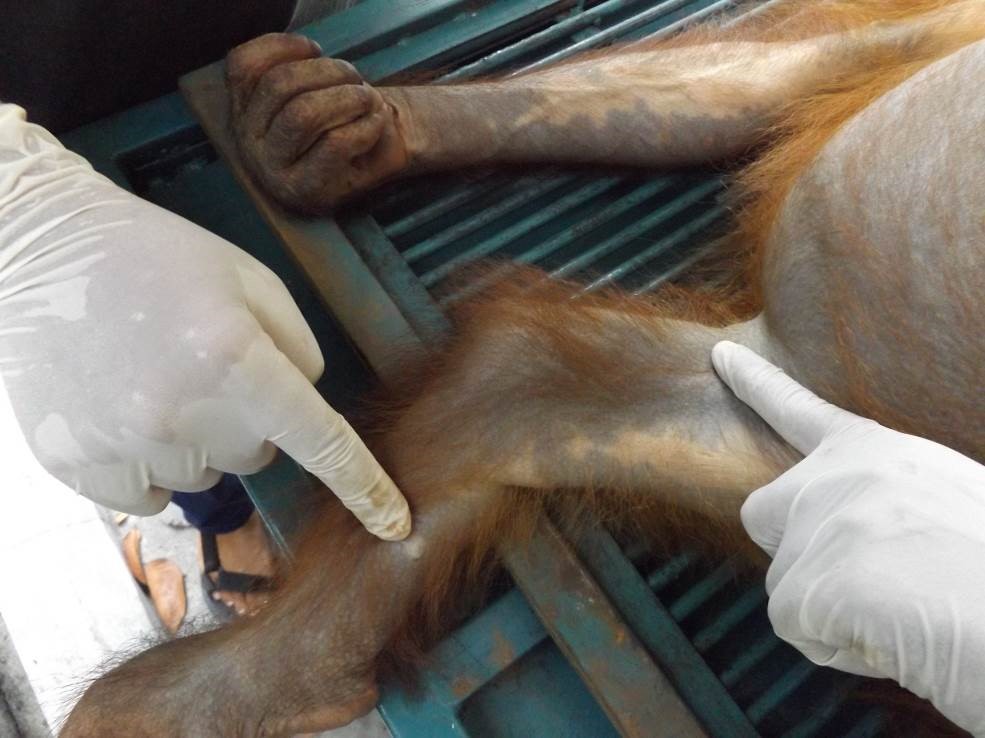

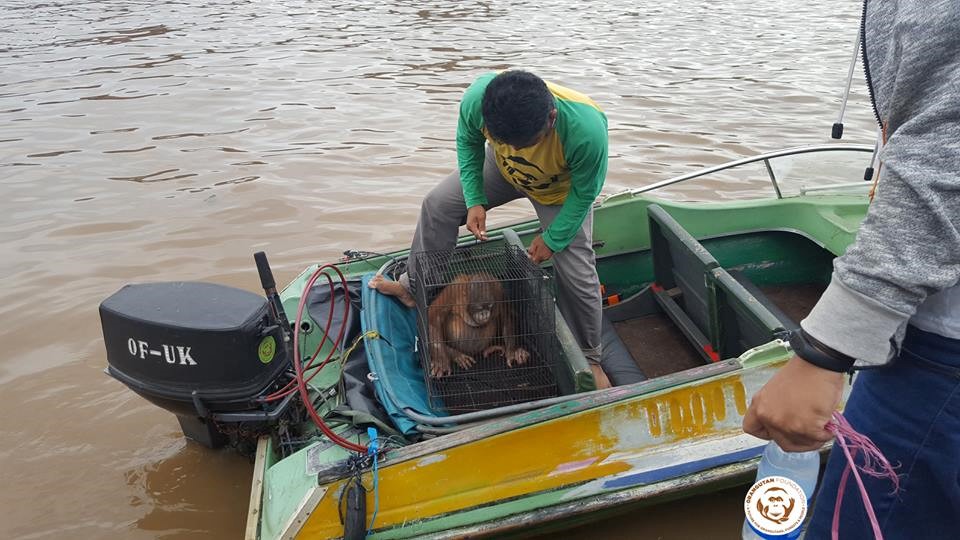

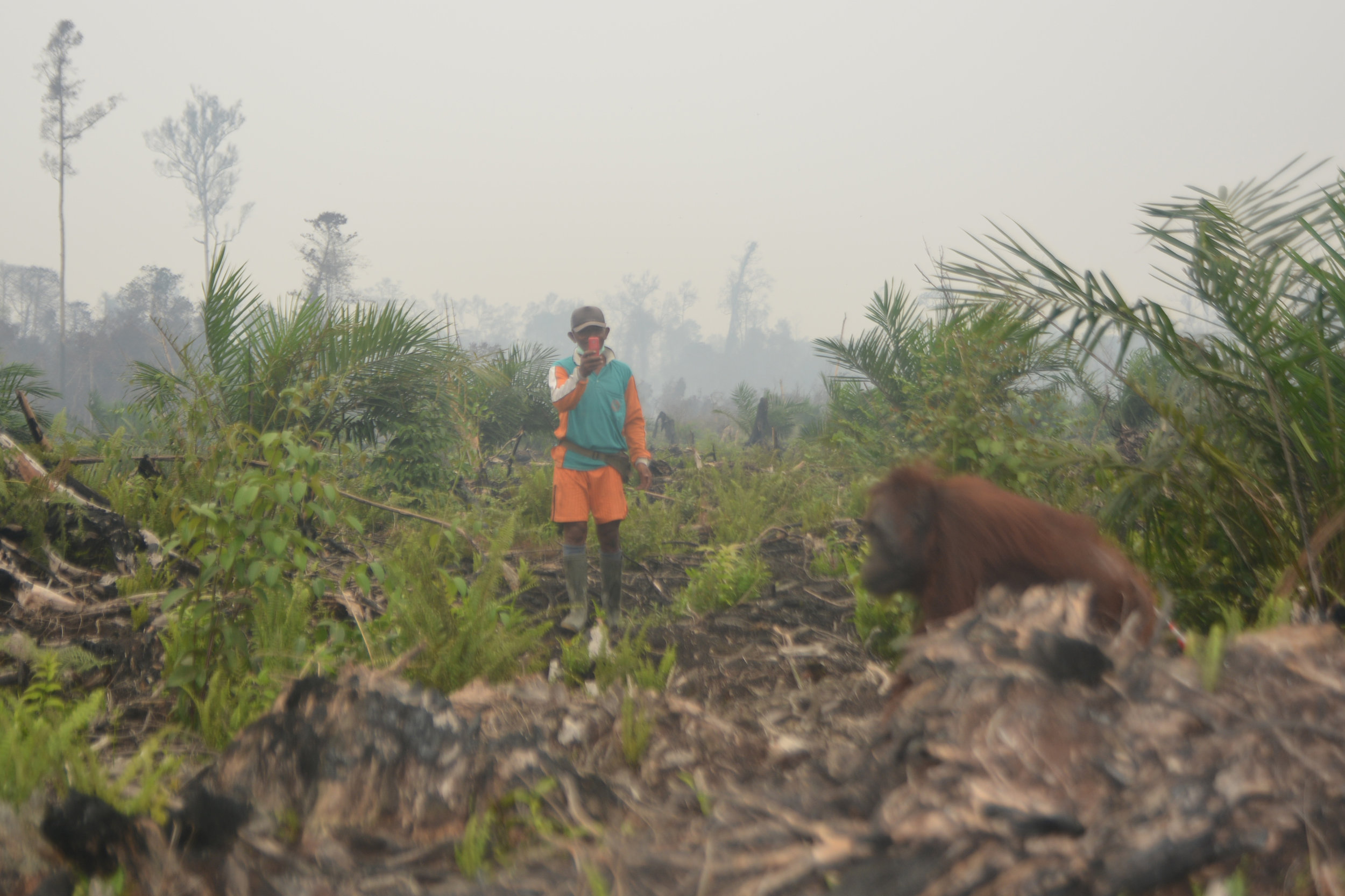
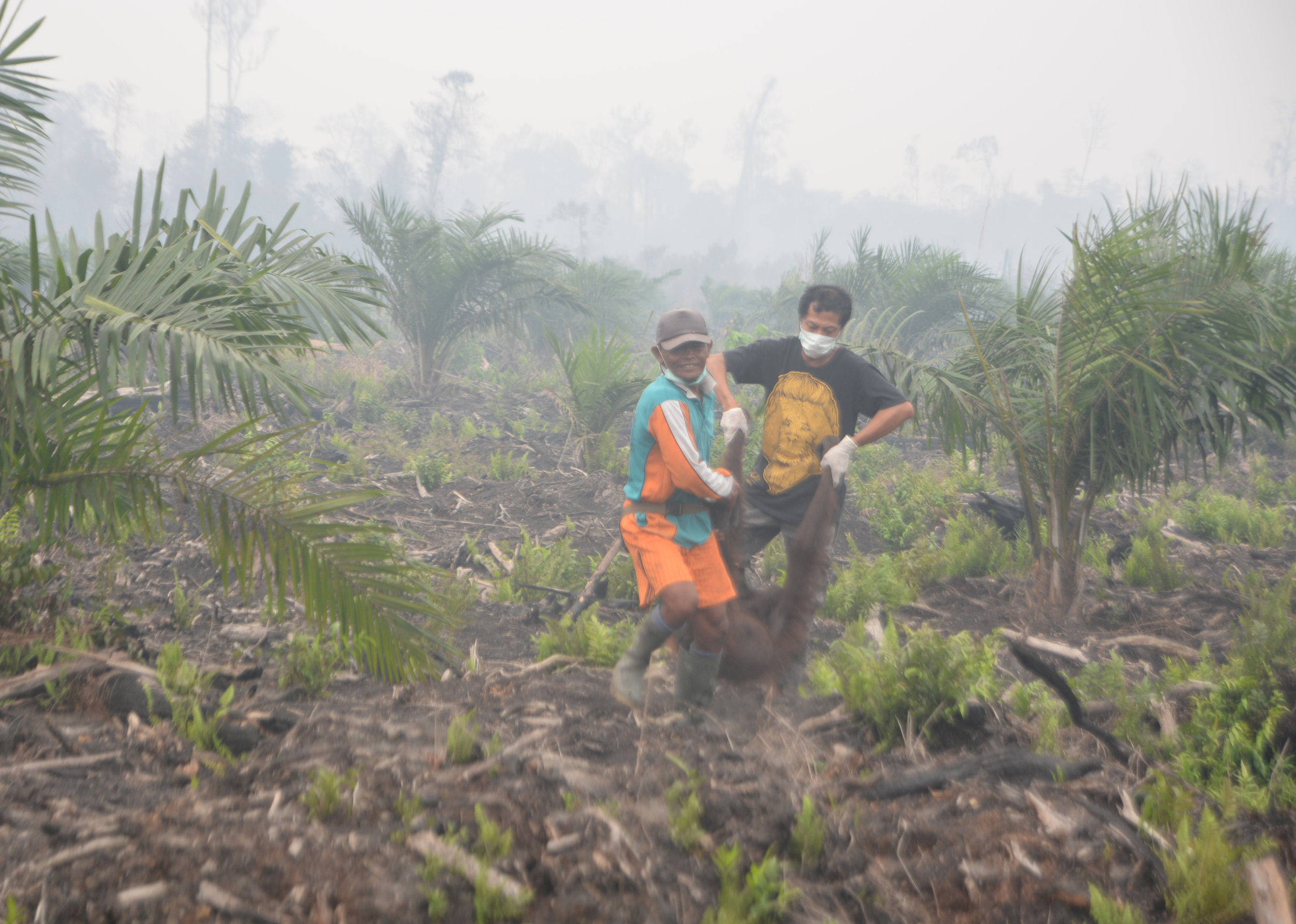

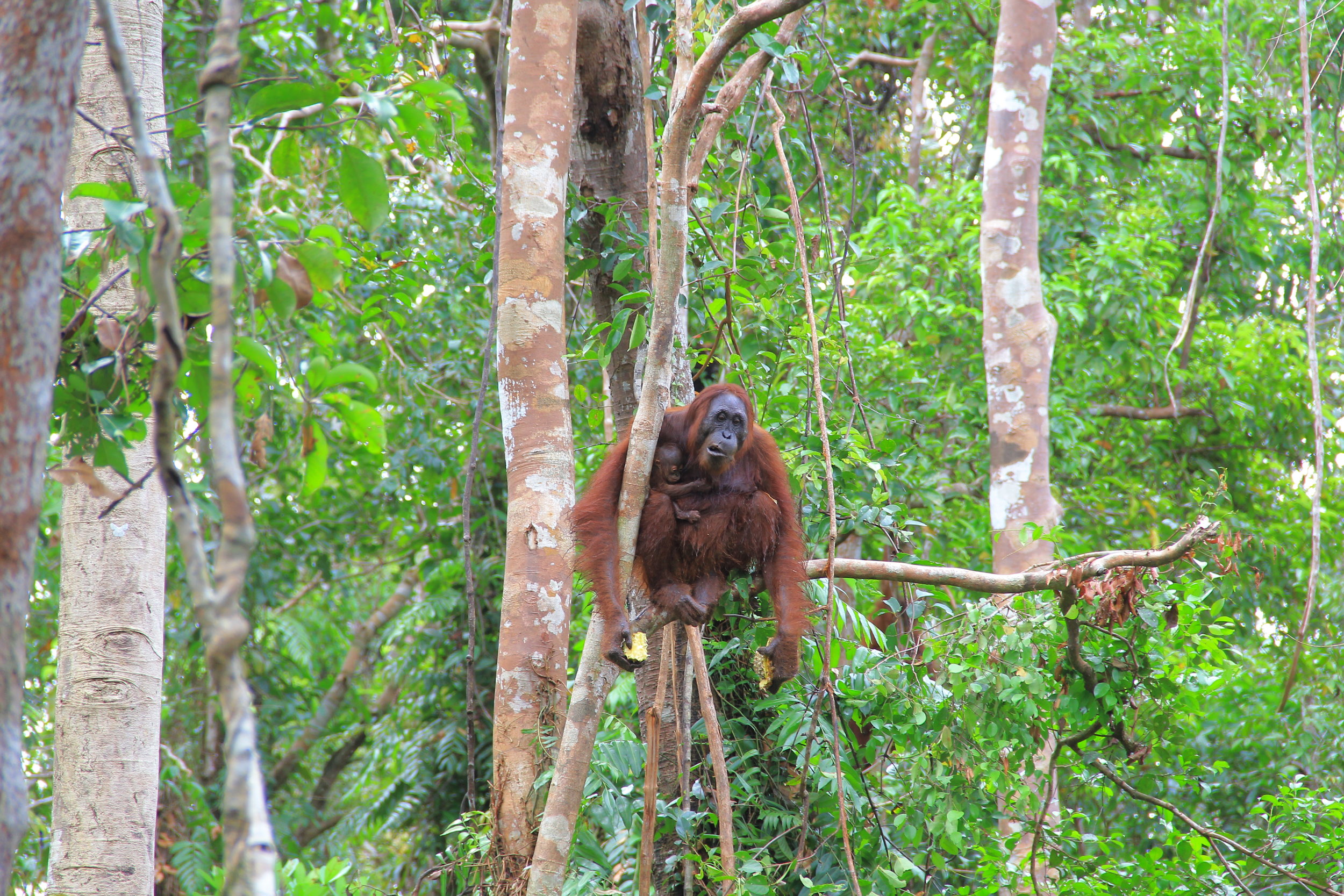
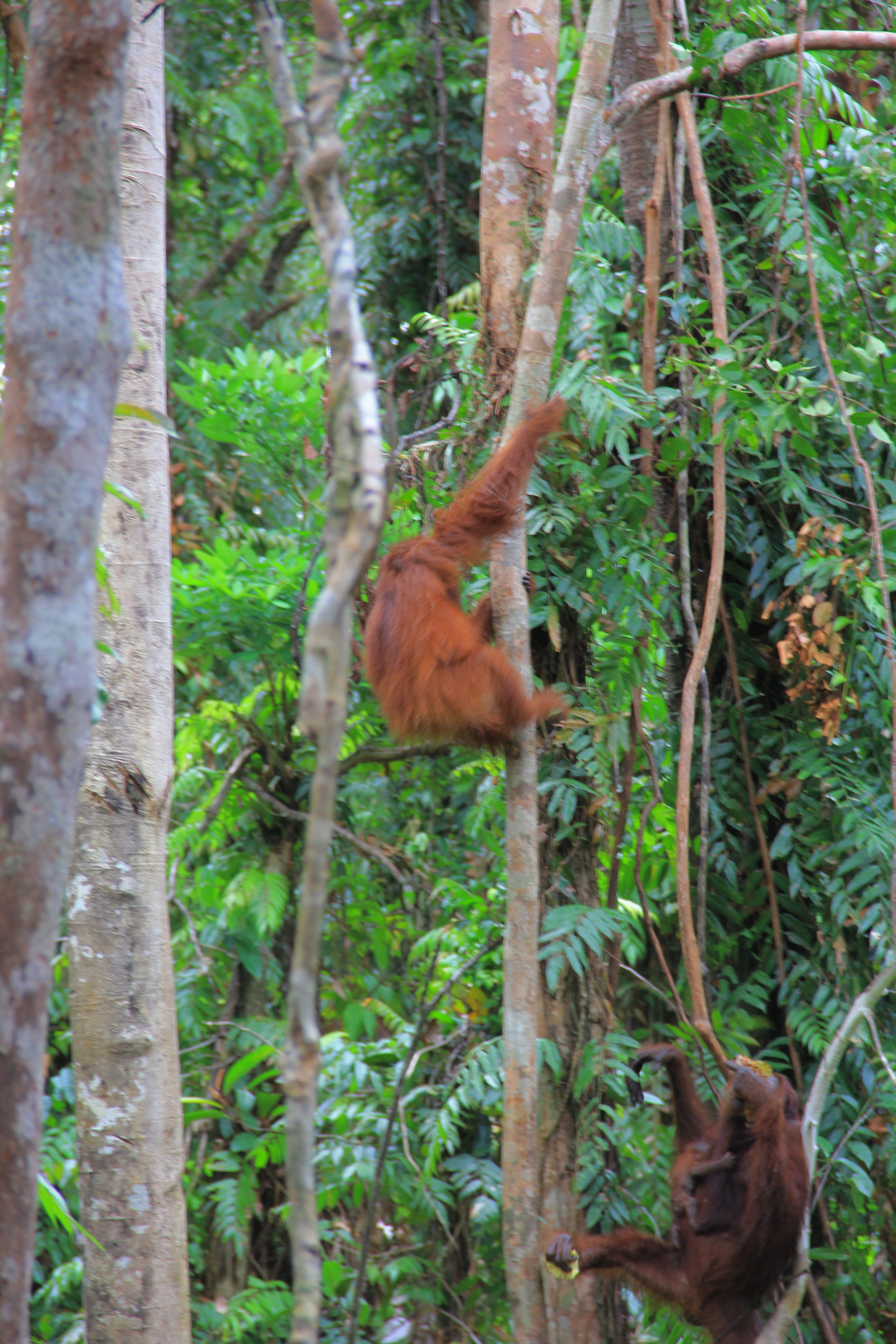
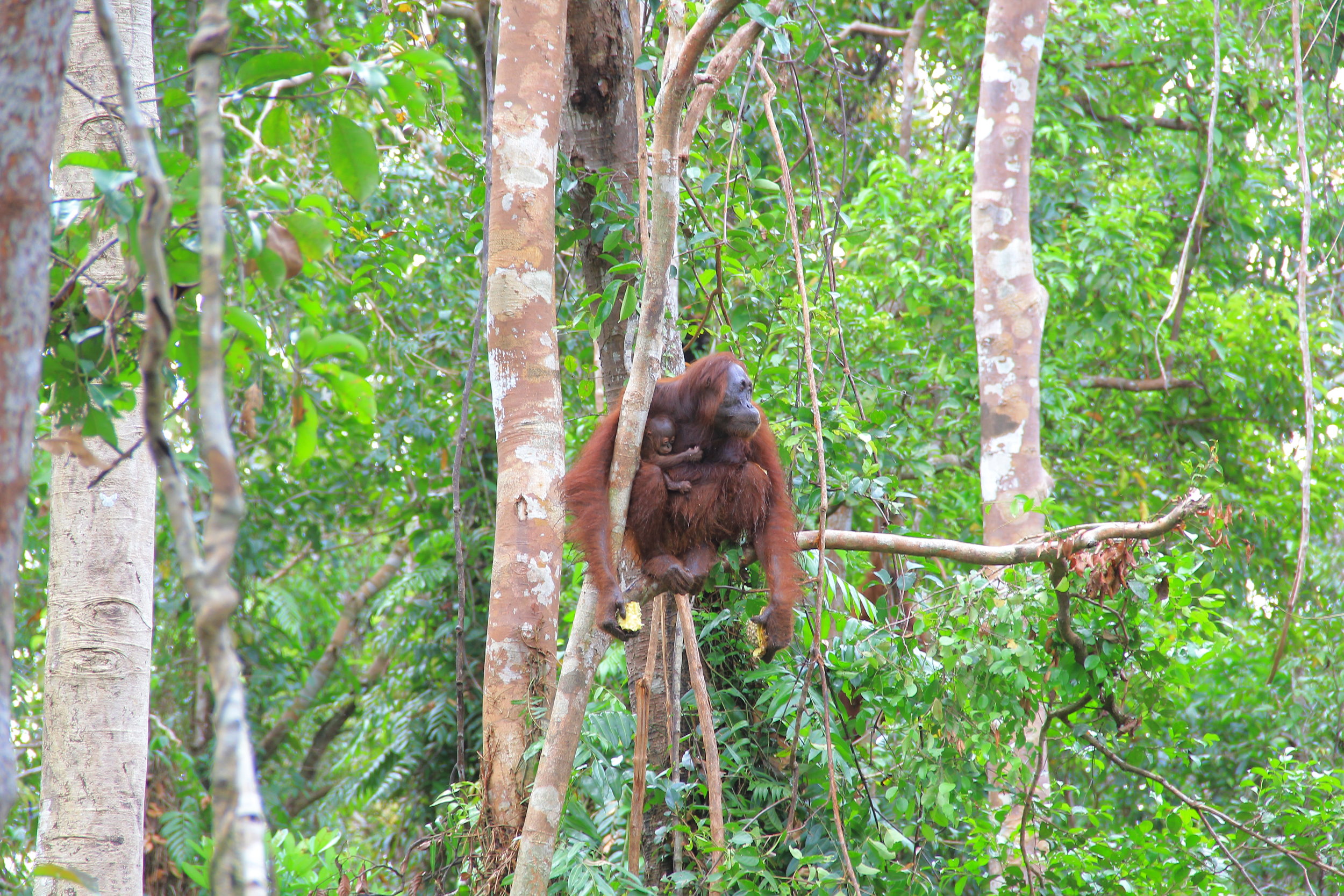


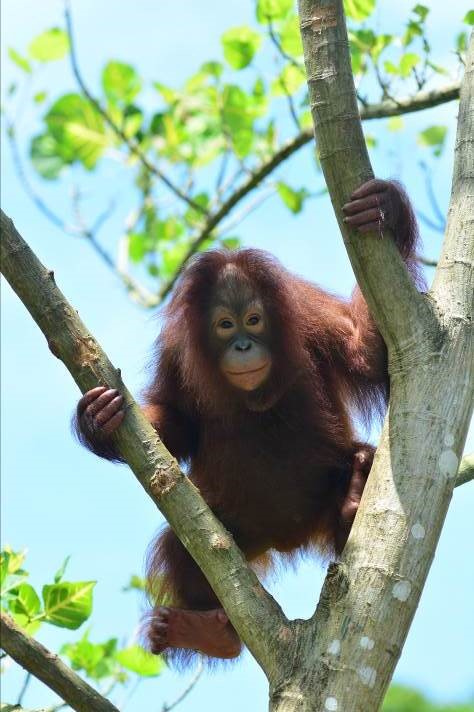
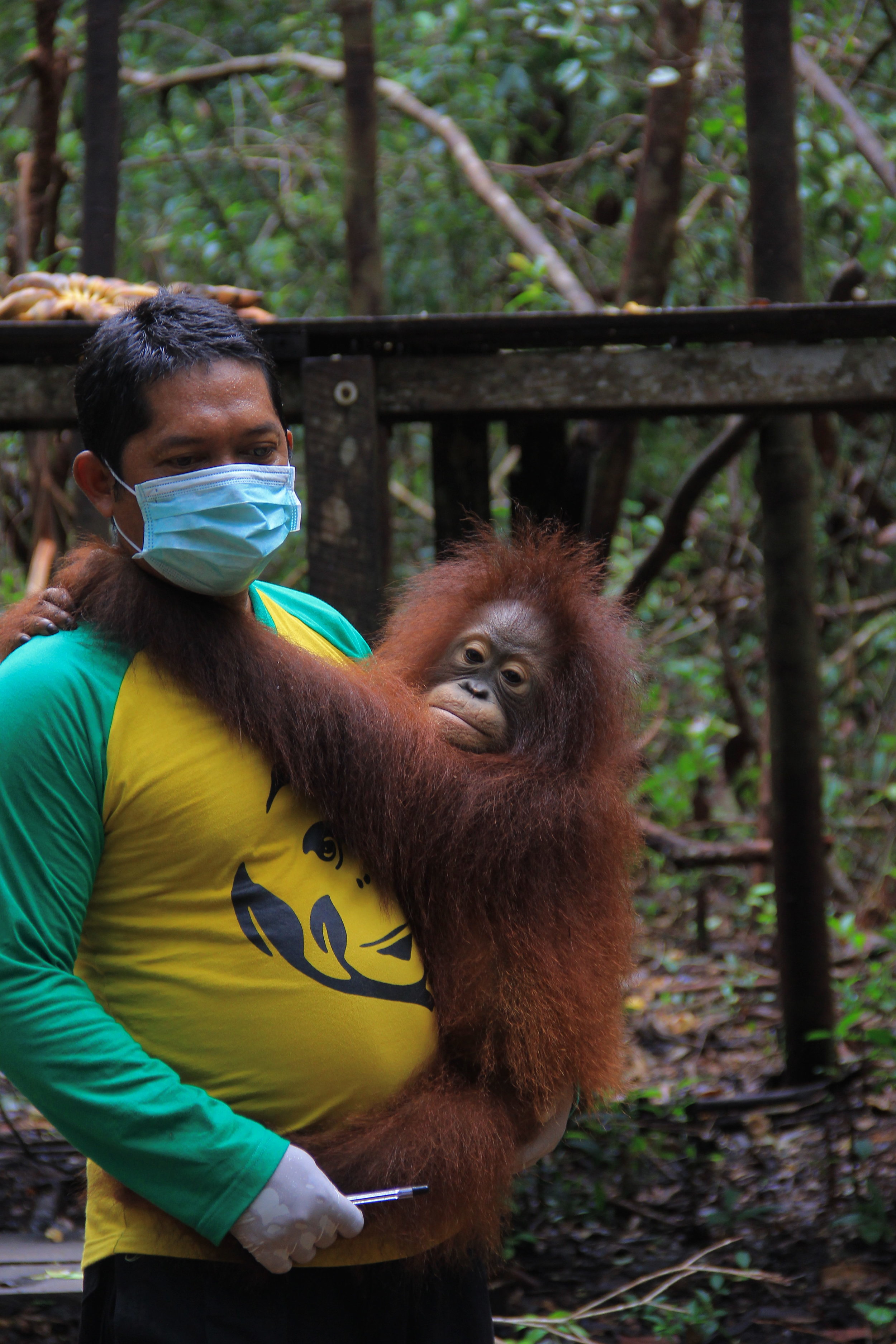
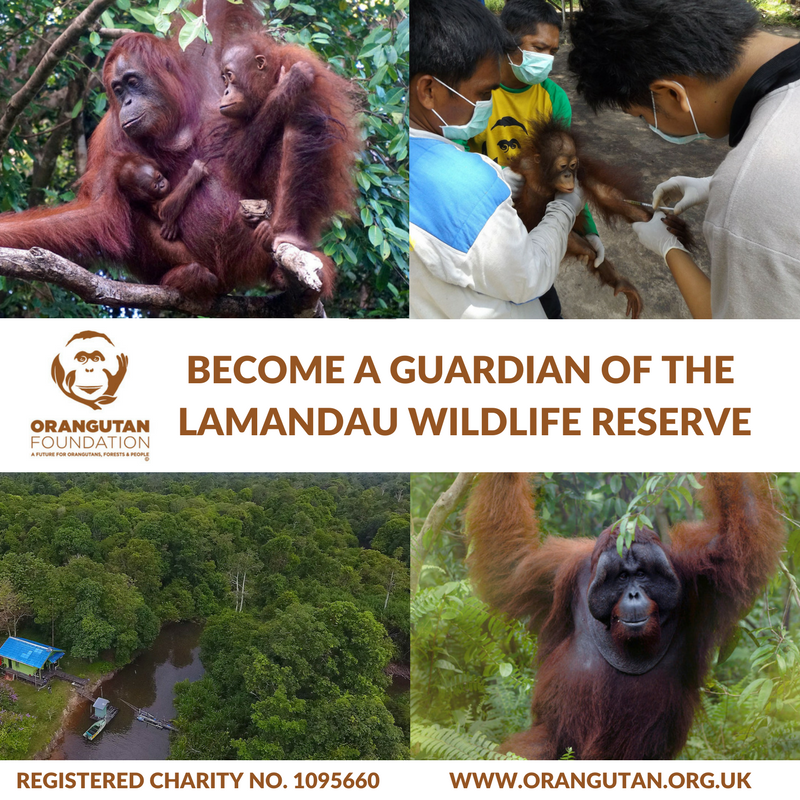


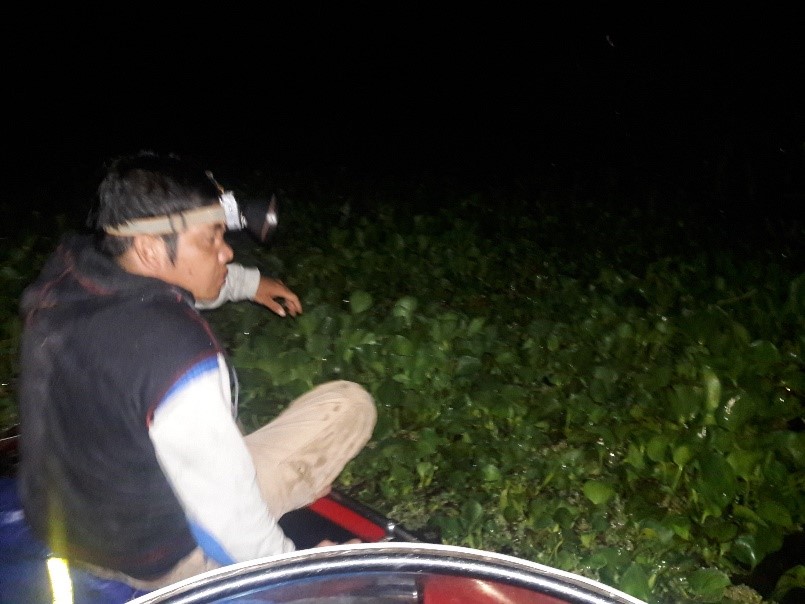

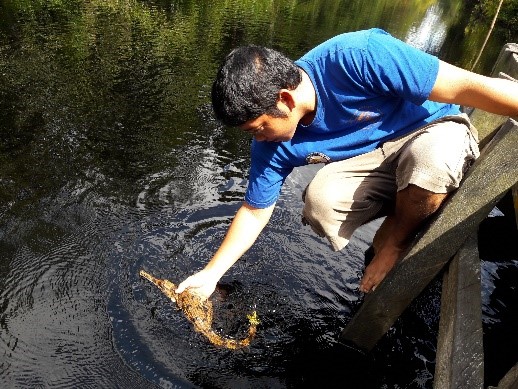

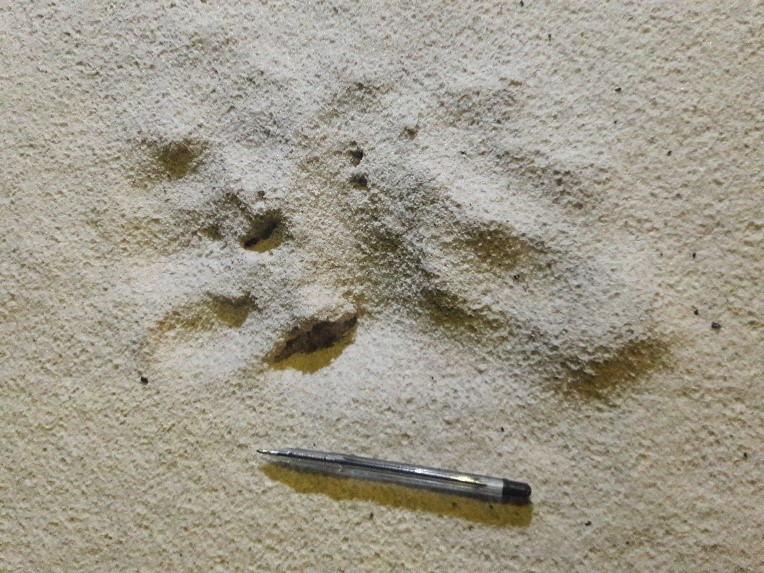

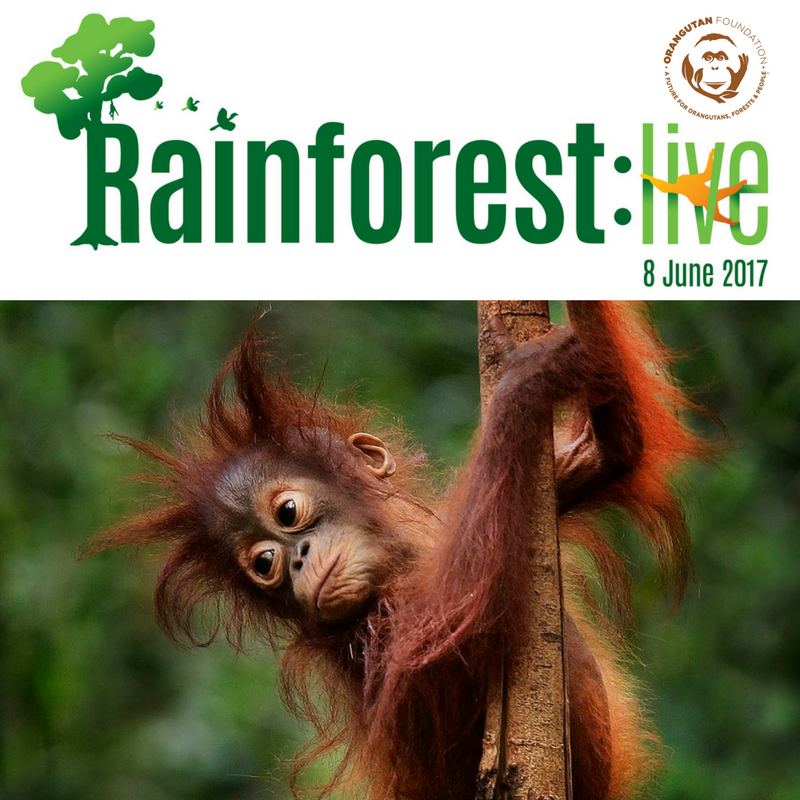 This year we again take part in Rainforest: Live, a global social media event set up by Borneo Nature Foundation, with more than 50 organisations taking part.
This year we again take part in Rainforest: Live, a global social media event set up by Borneo Nature Foundation, with more than 50 organisations taking part.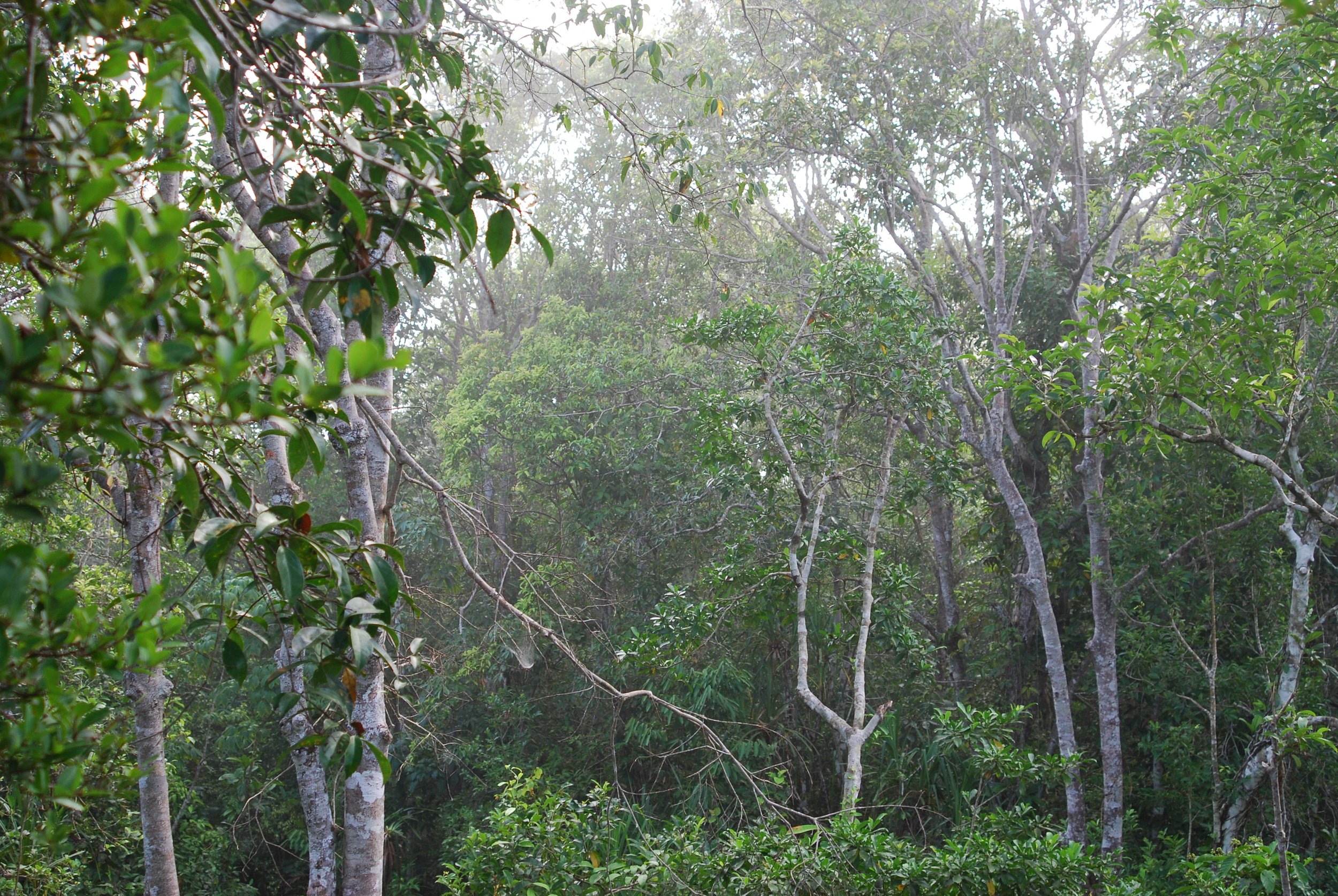
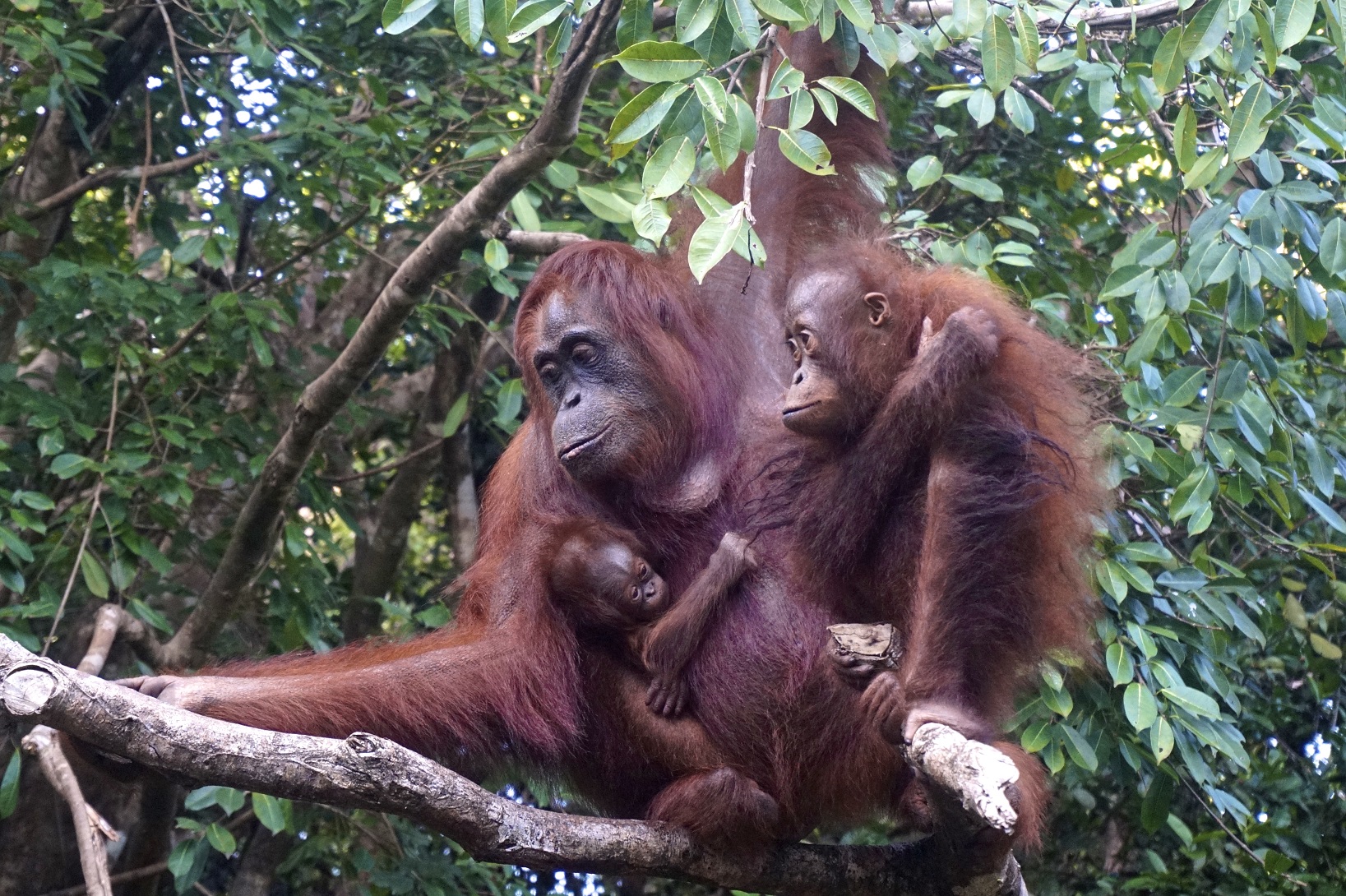

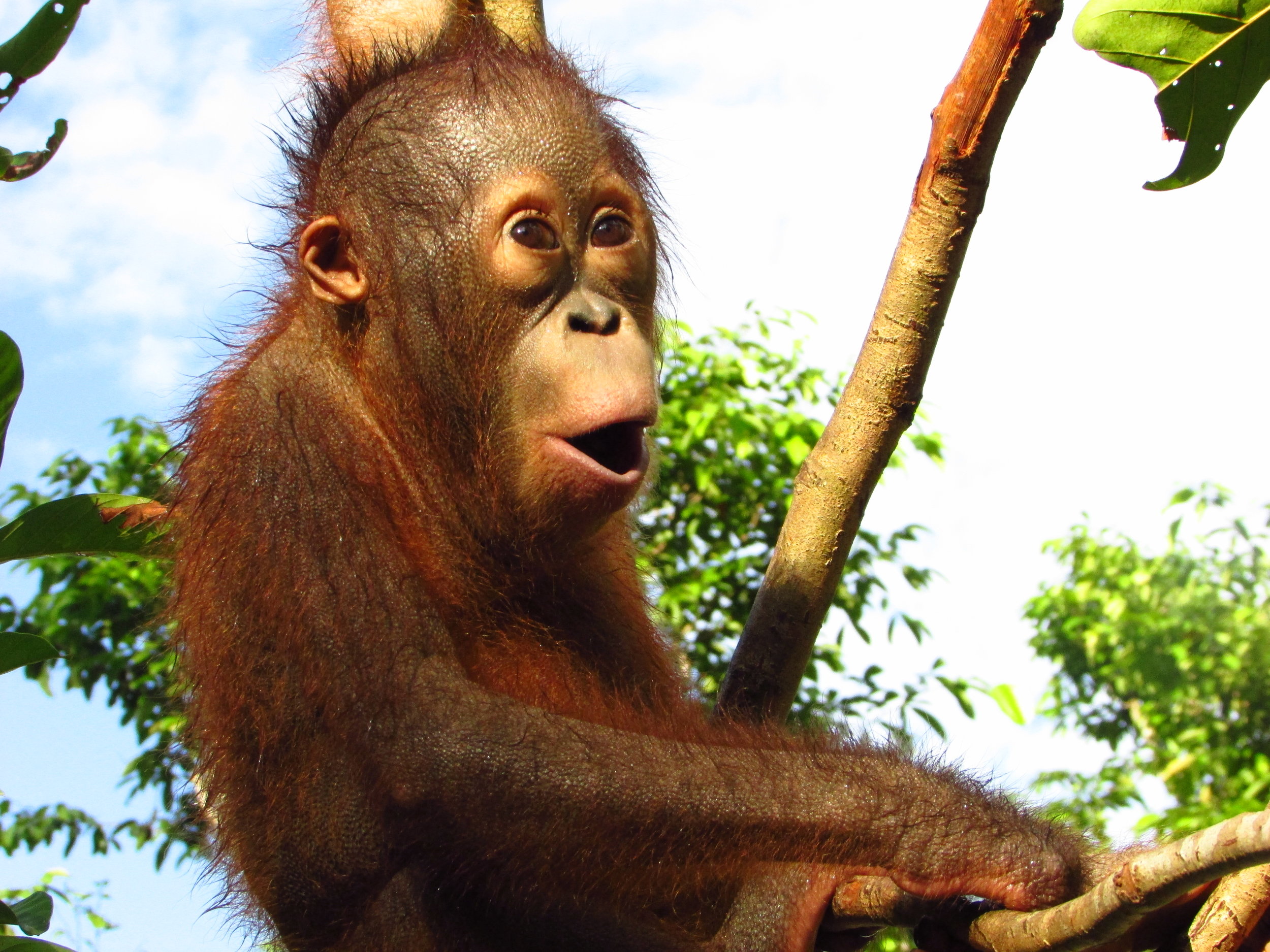
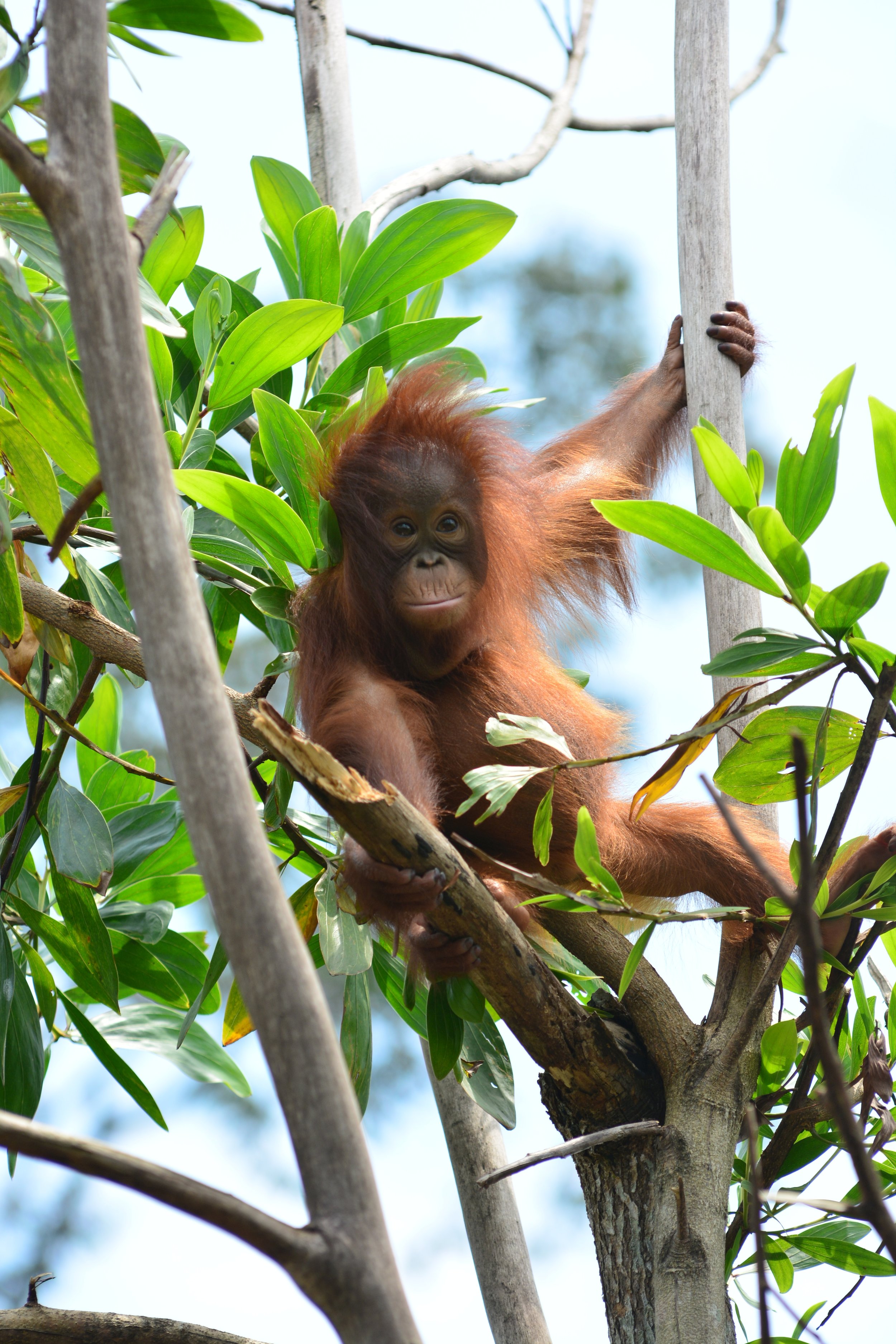
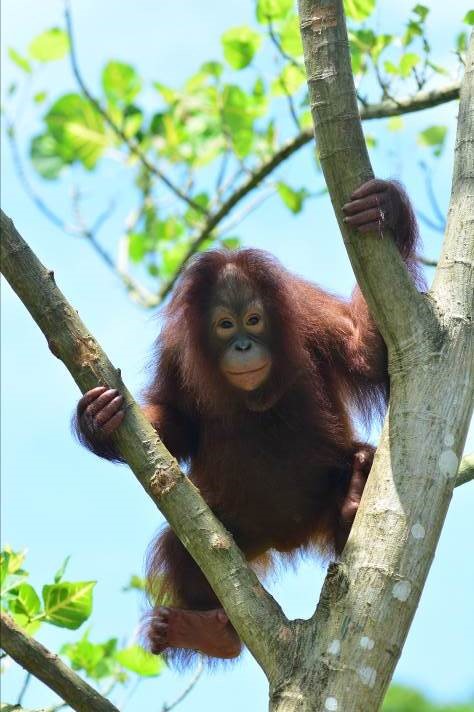
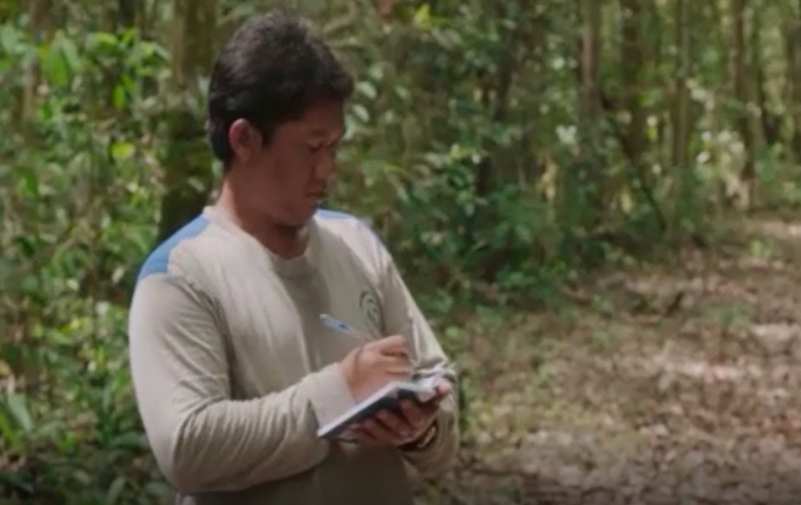
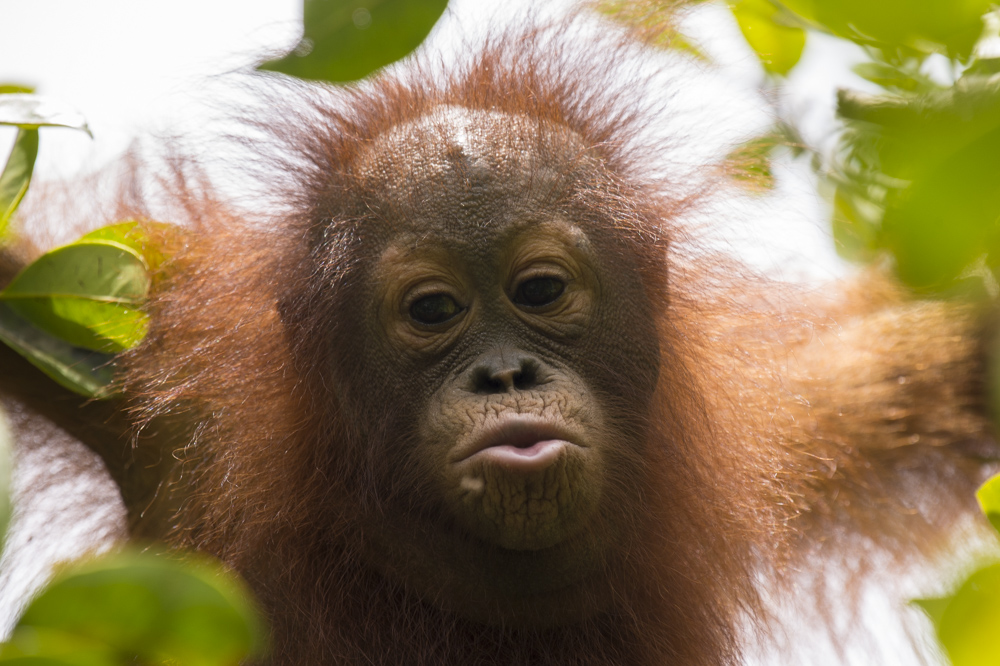
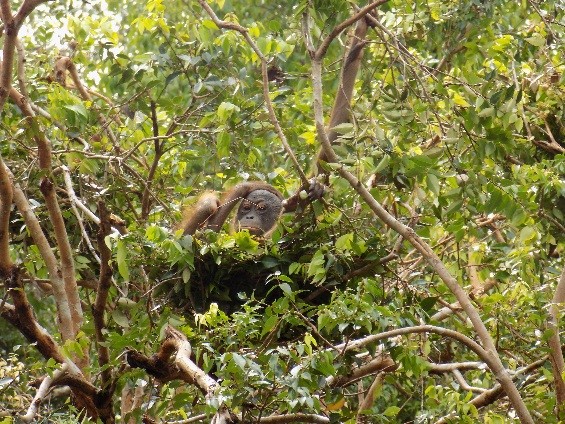
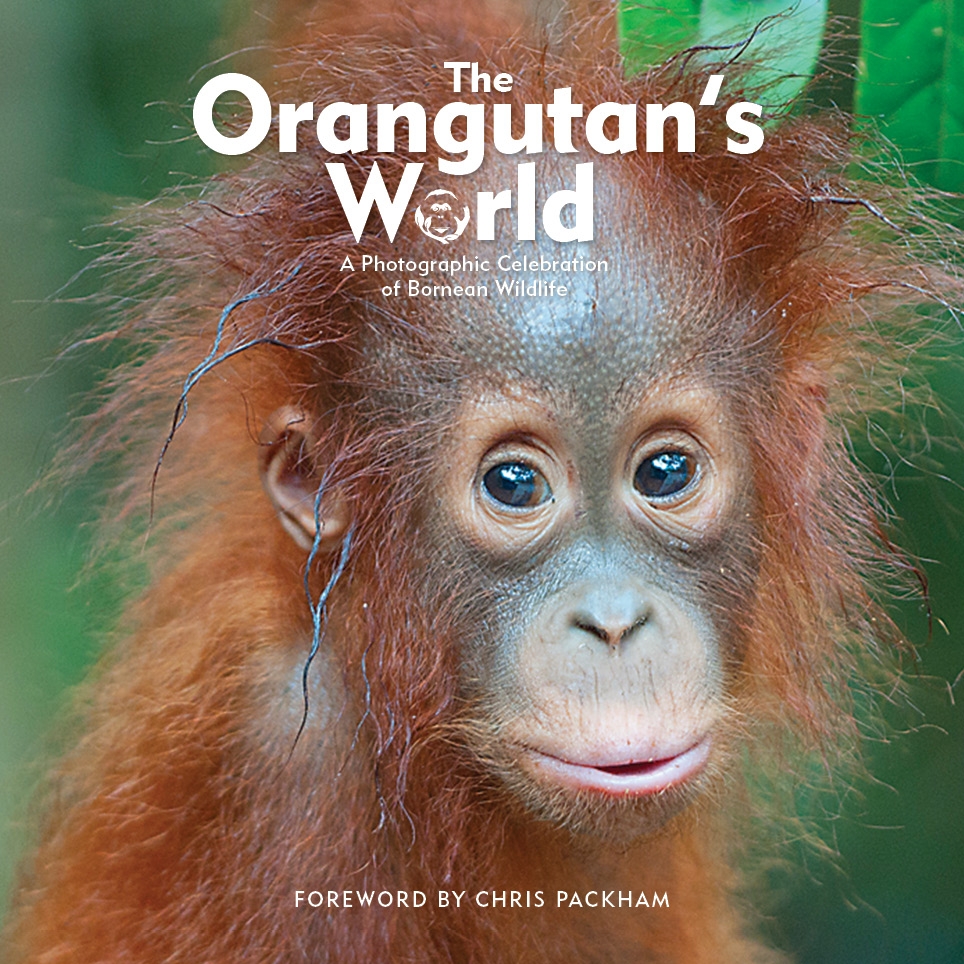
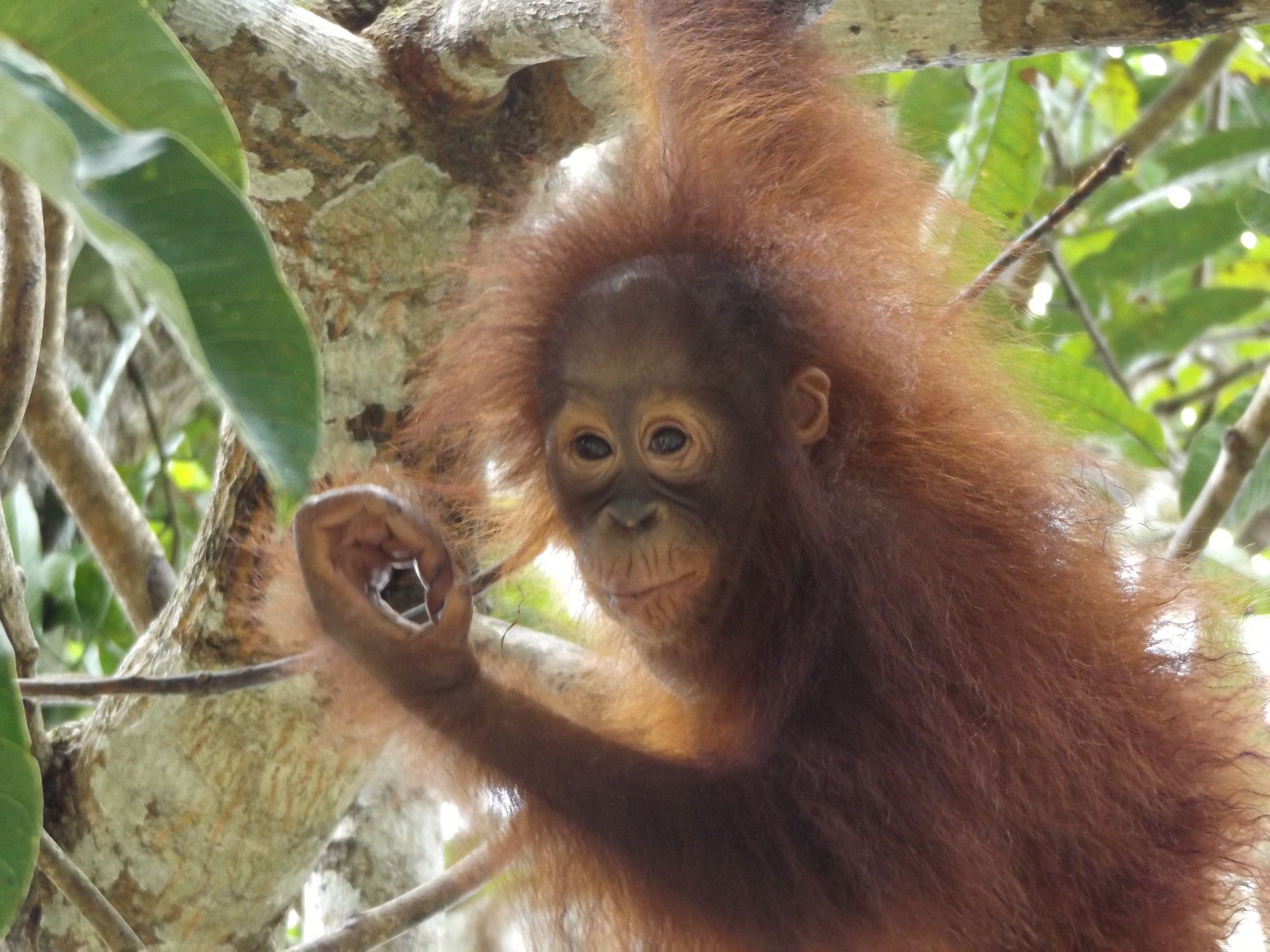
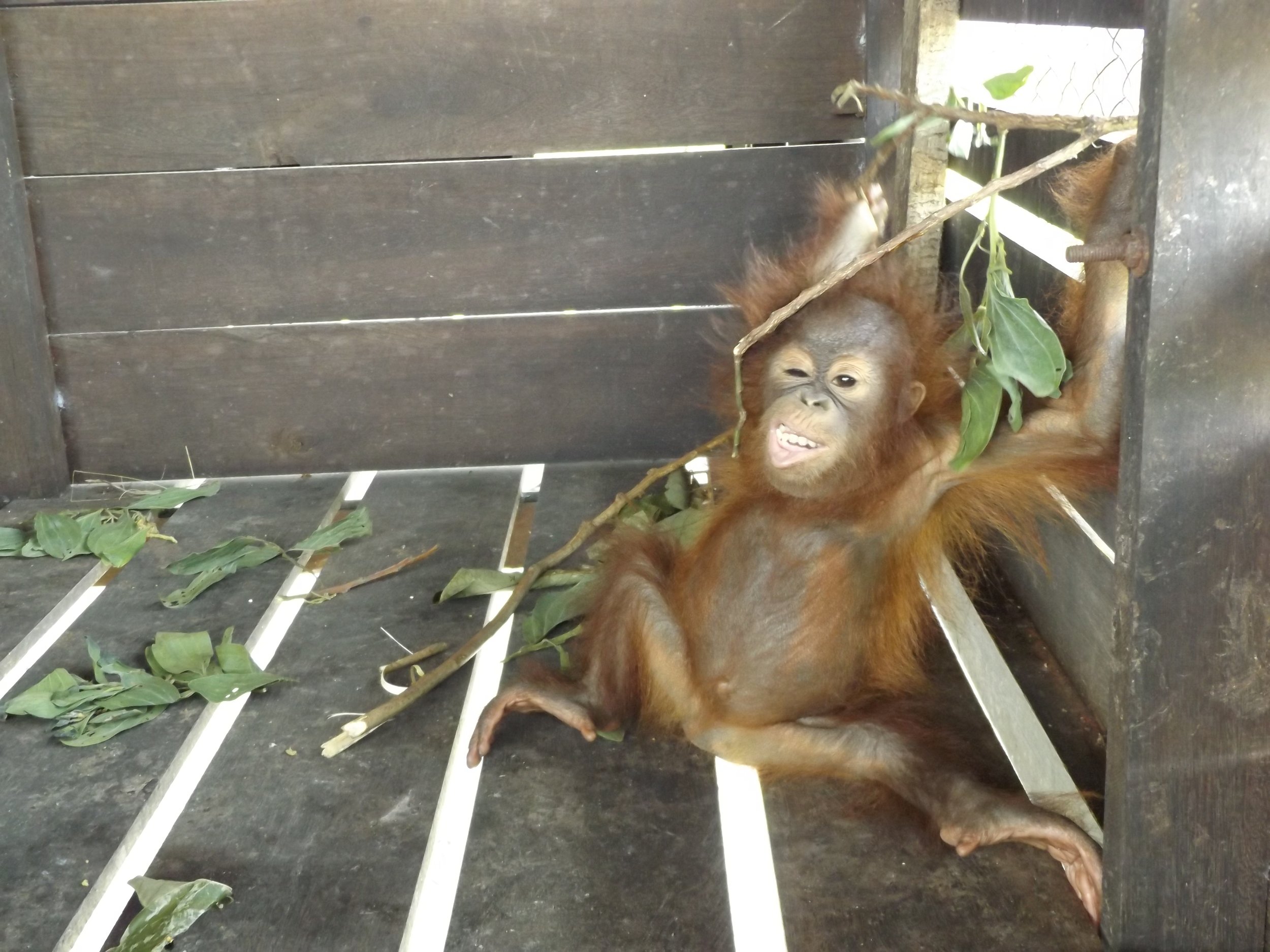
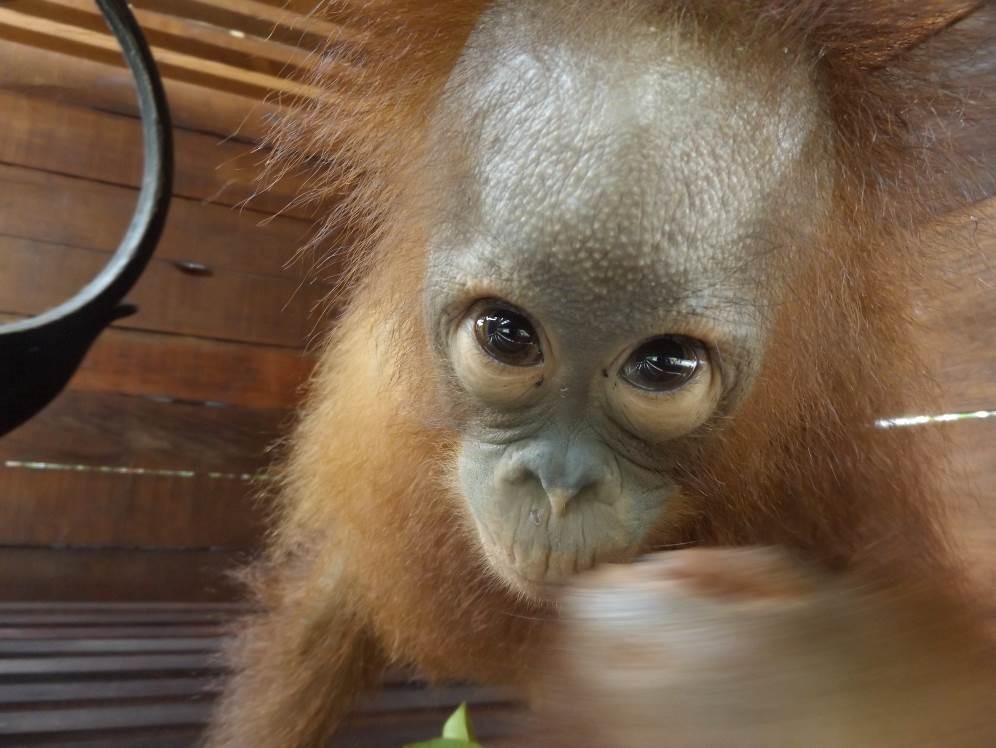
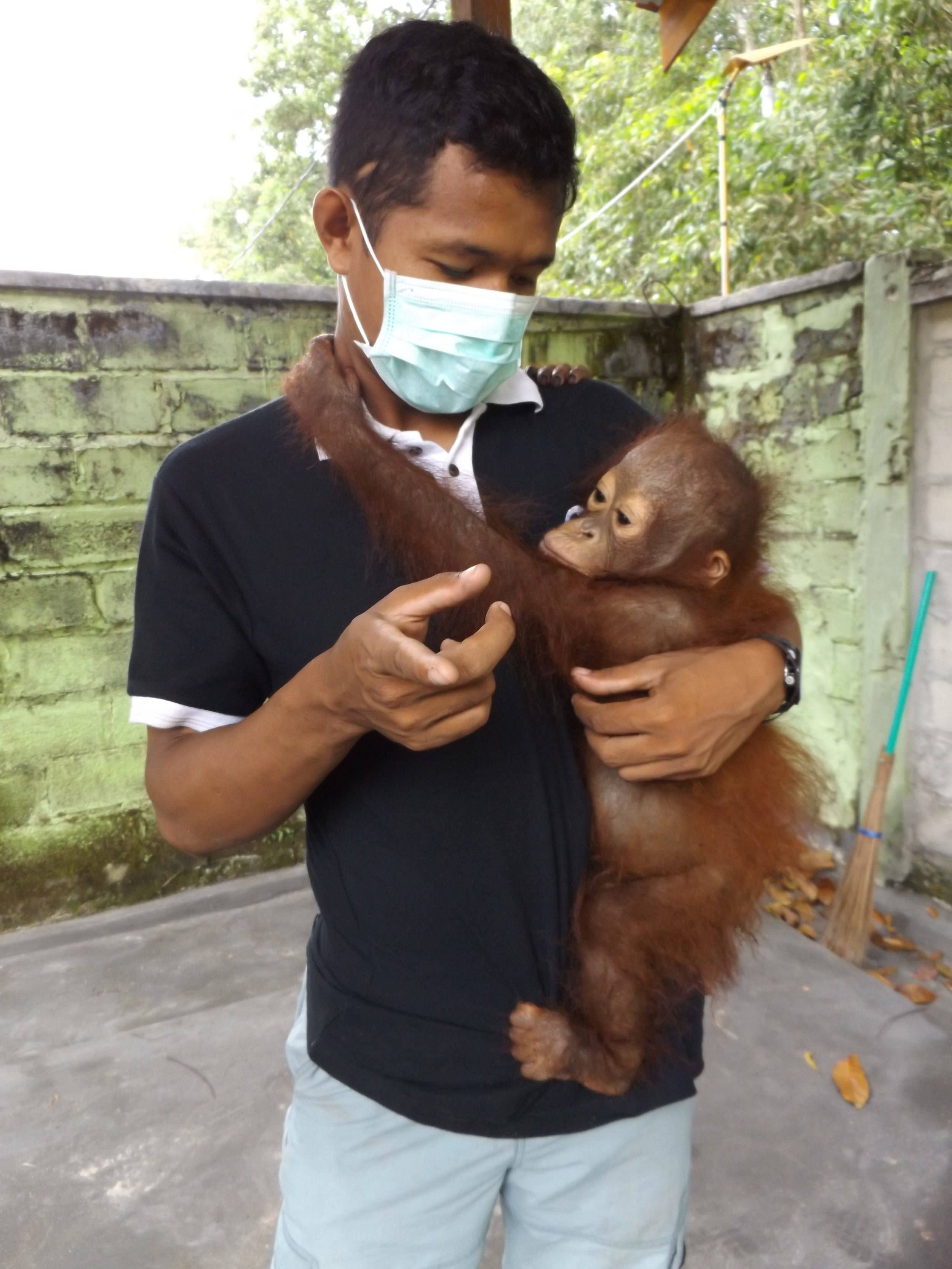
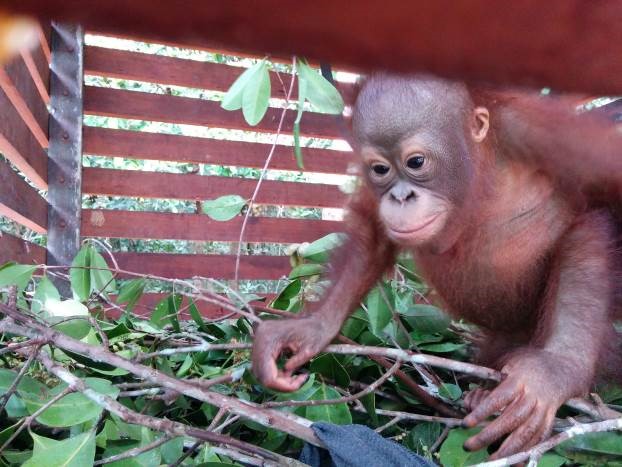
 Pondok Ambung Research Station is used as a base from which our field staff, students and international researchers can learn more about the flora and fauna of Borneo’s forests.These studies are vital when implementing strategies to best conserve rainforest habitat in this area.
Pondok Ambung Research Station is used as a base from which our field staff, students and international researchers can learn more about the flora and fauna of Borneo’s forests.These studies are vital when implementing strategies to best conserve rainforest habitat in this area.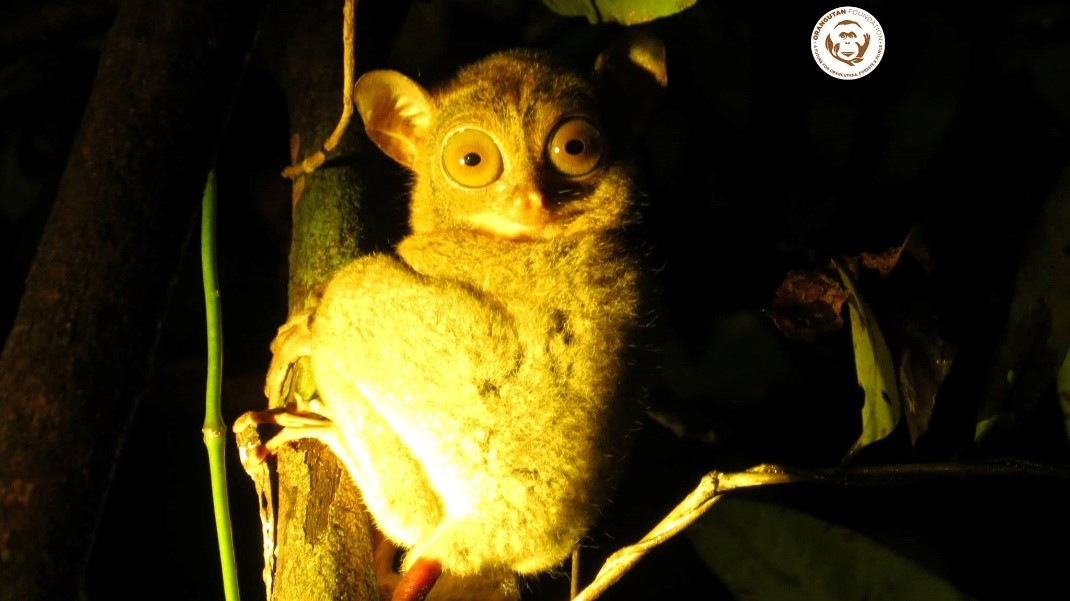



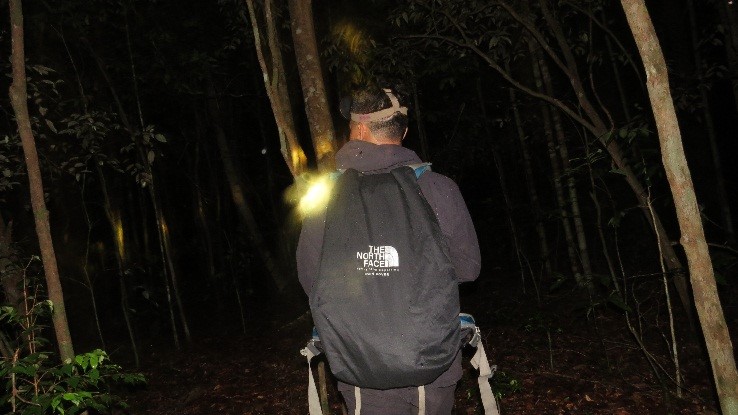

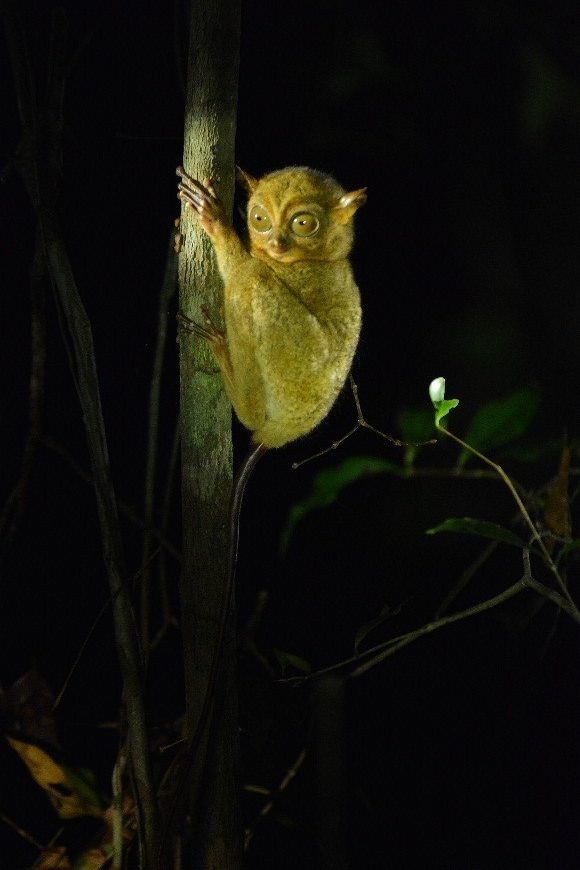
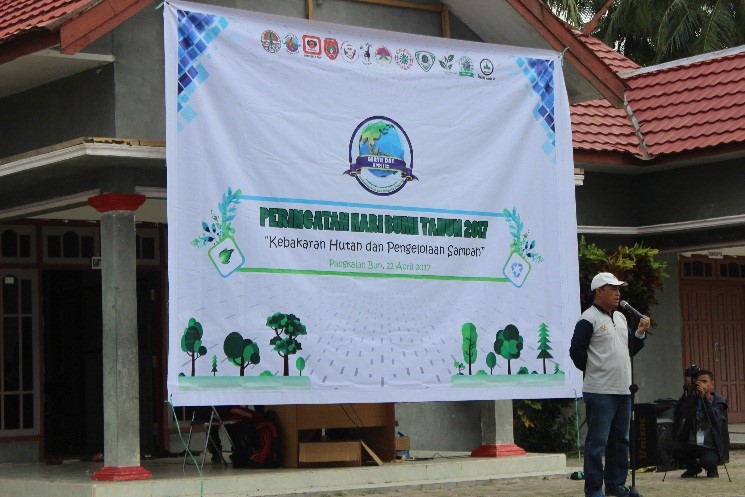
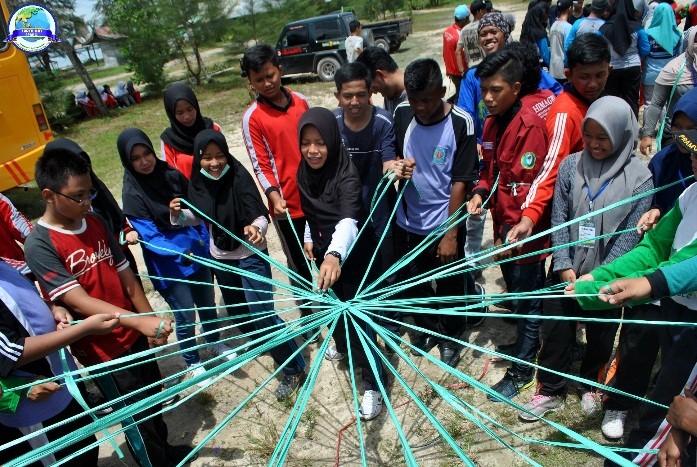
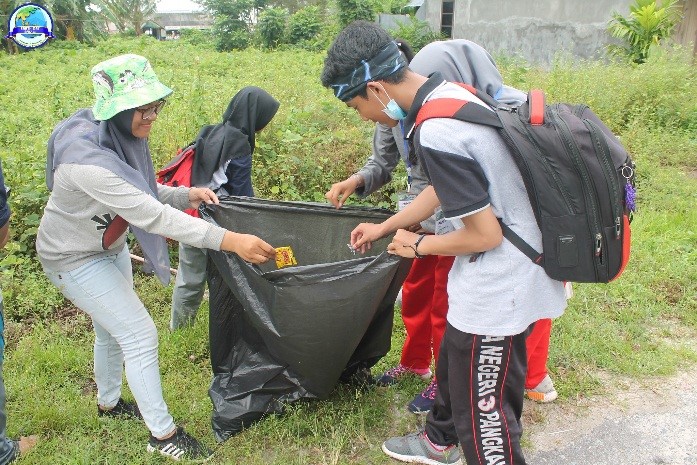
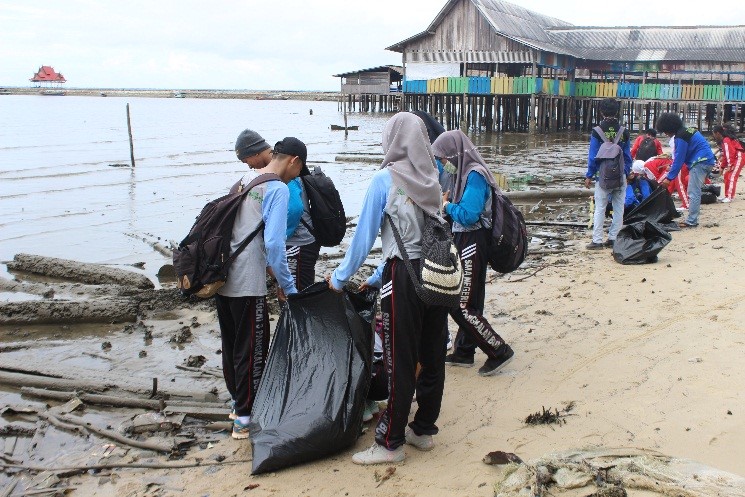


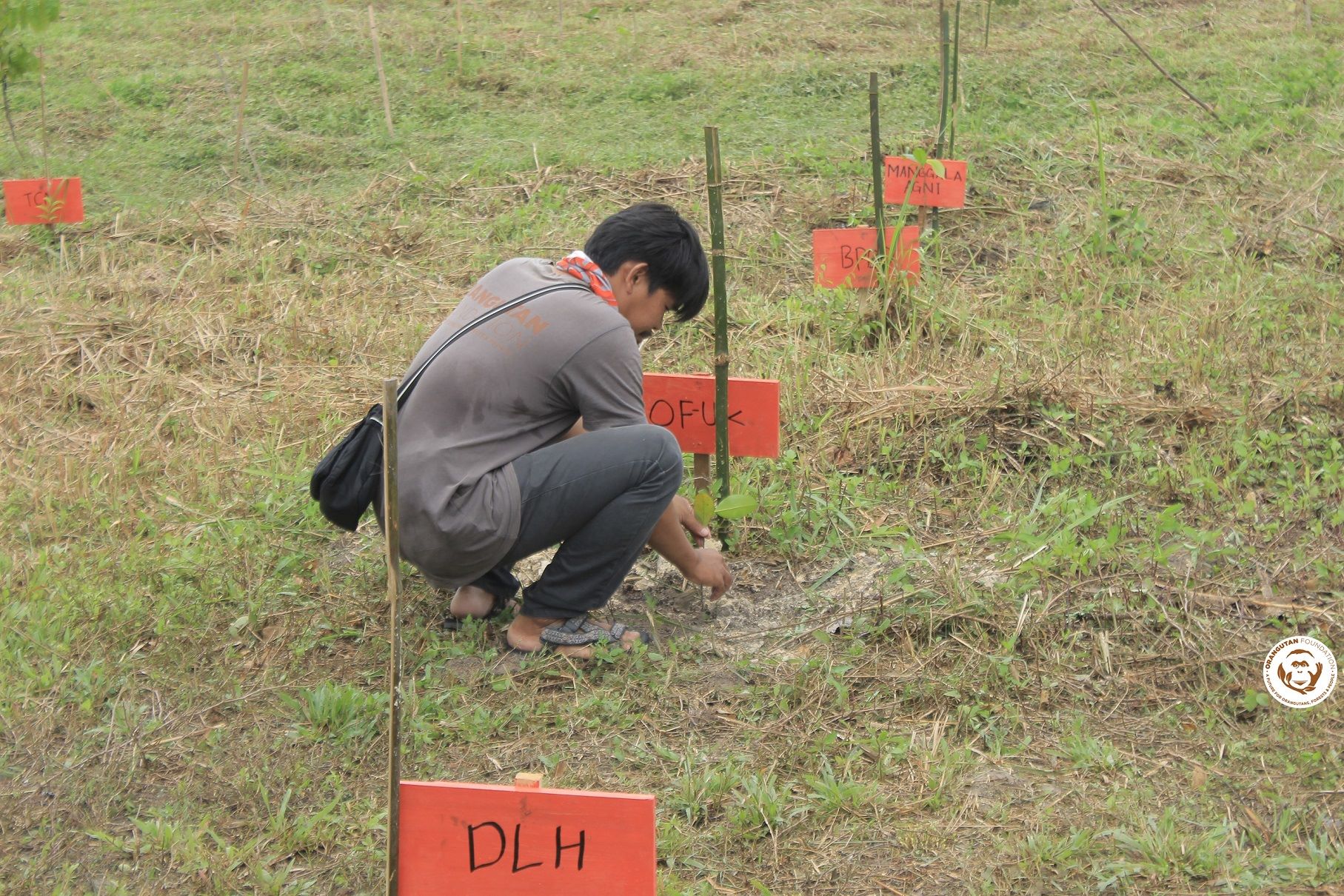
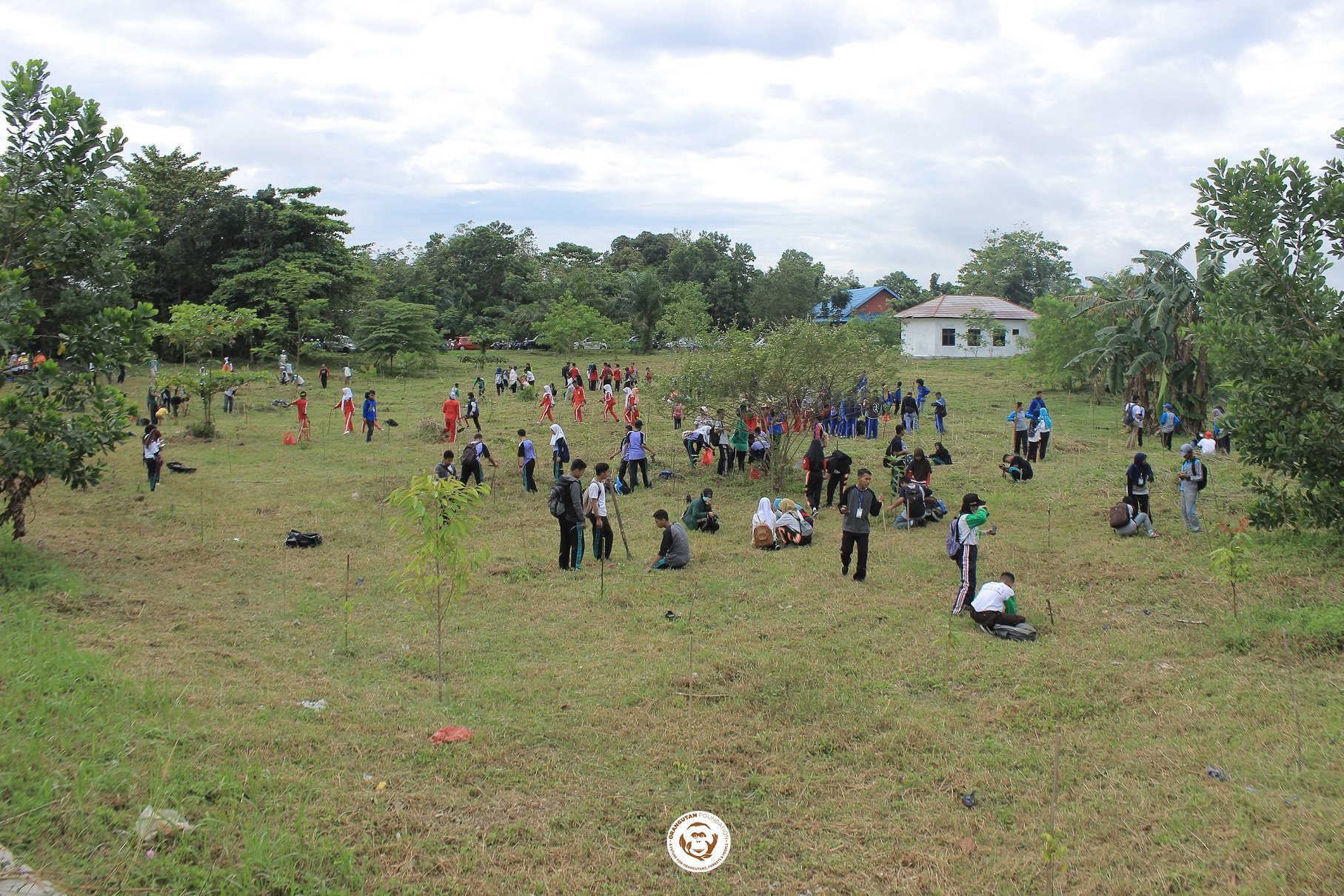
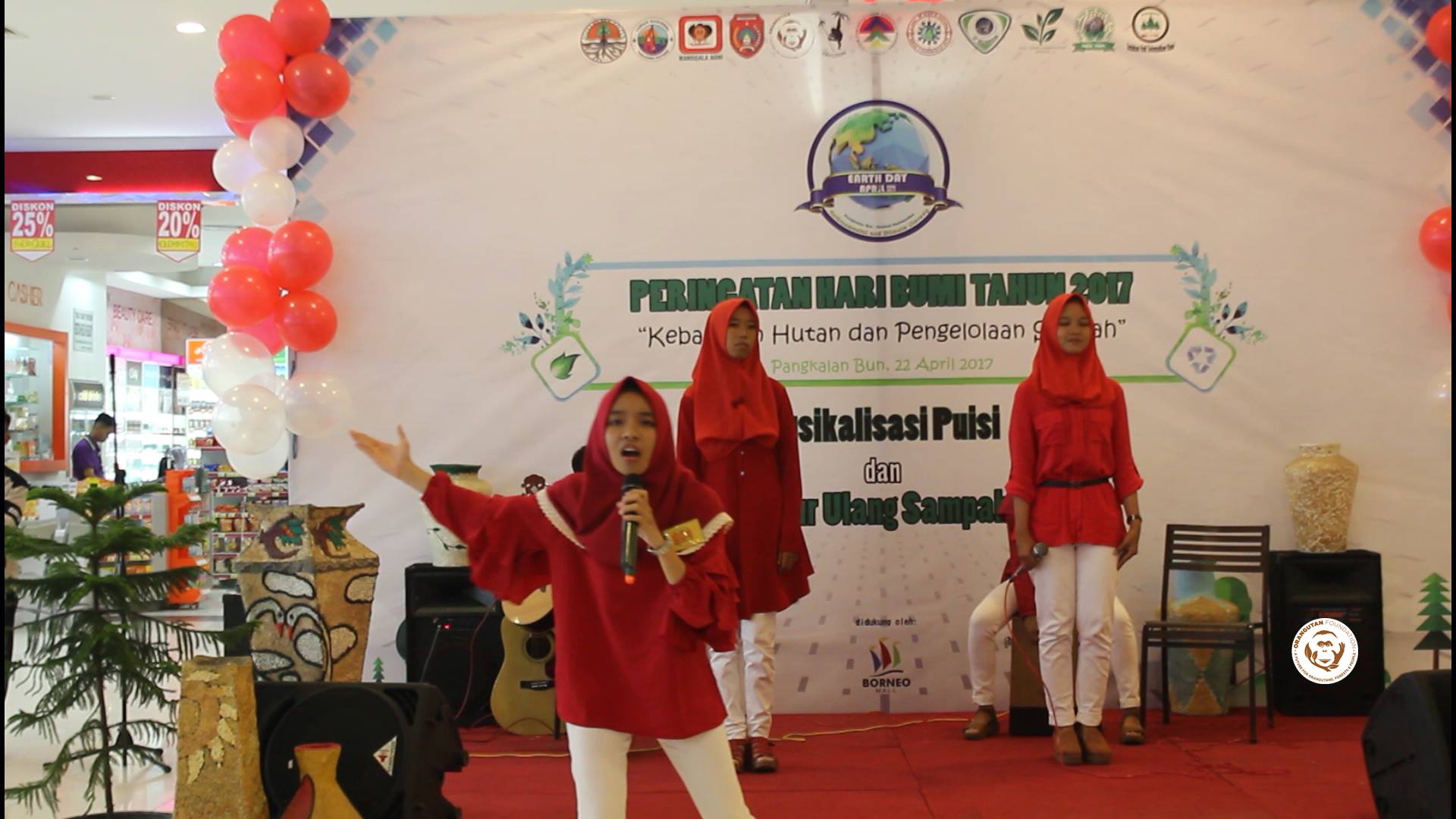
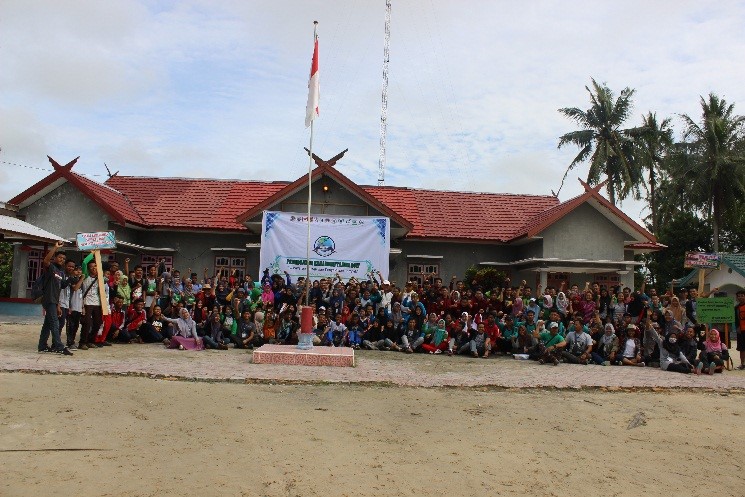




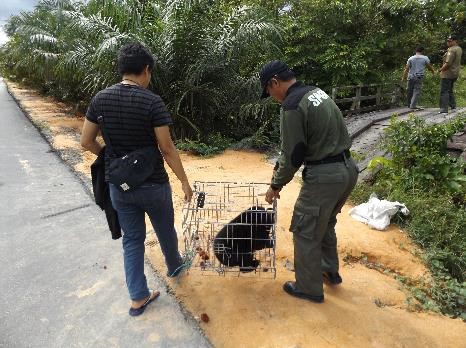
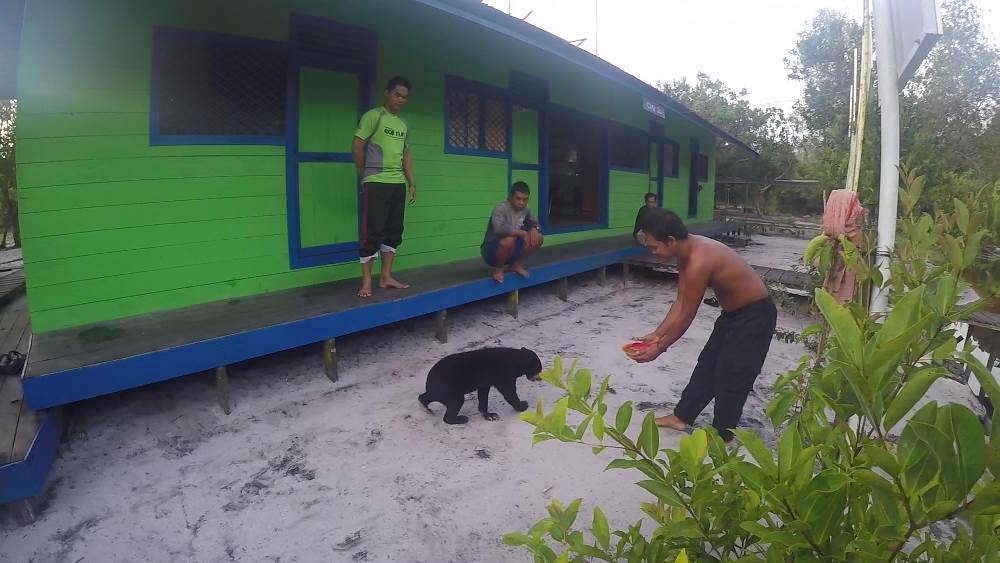
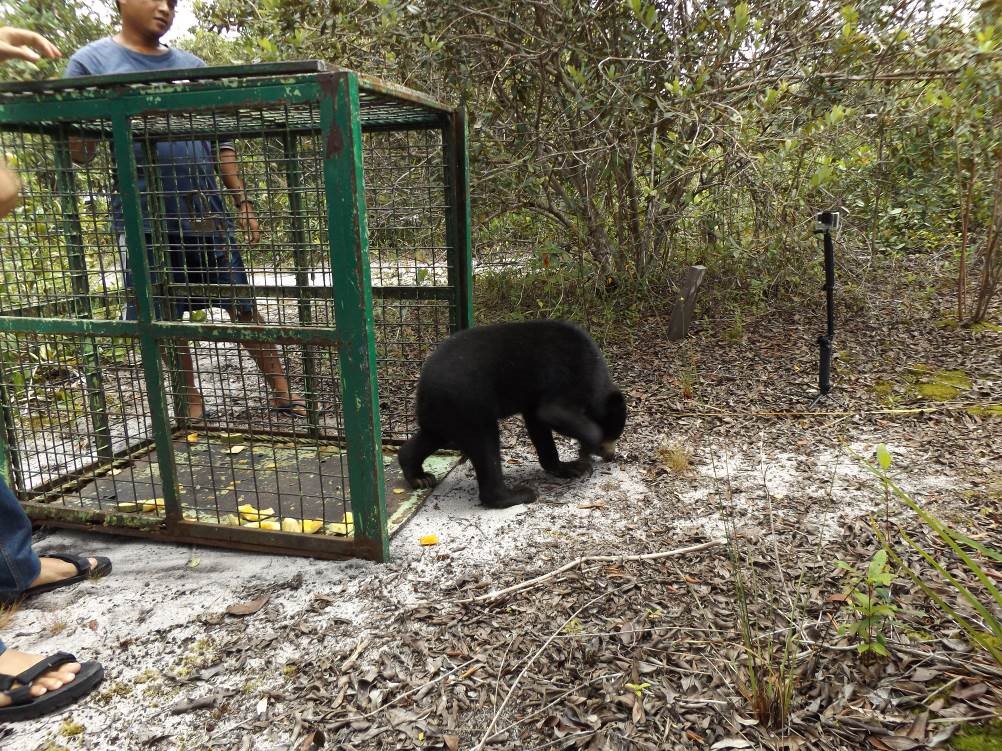
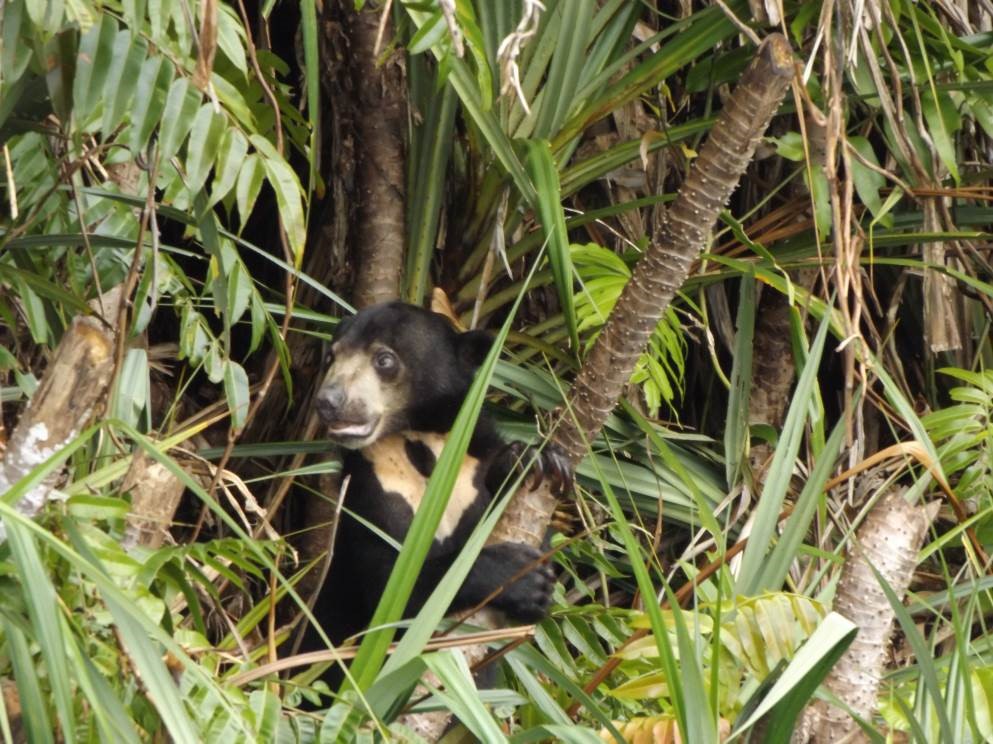
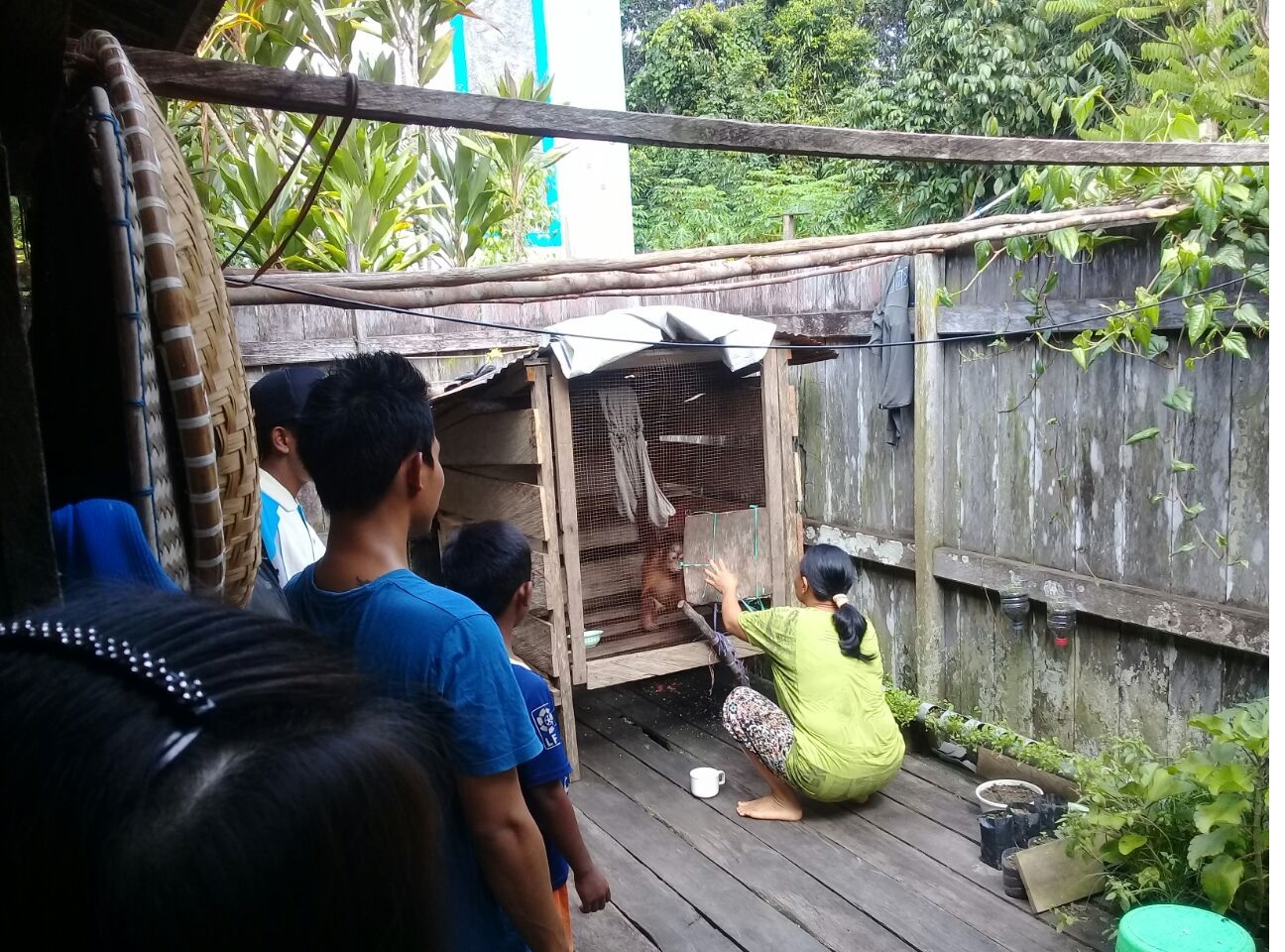
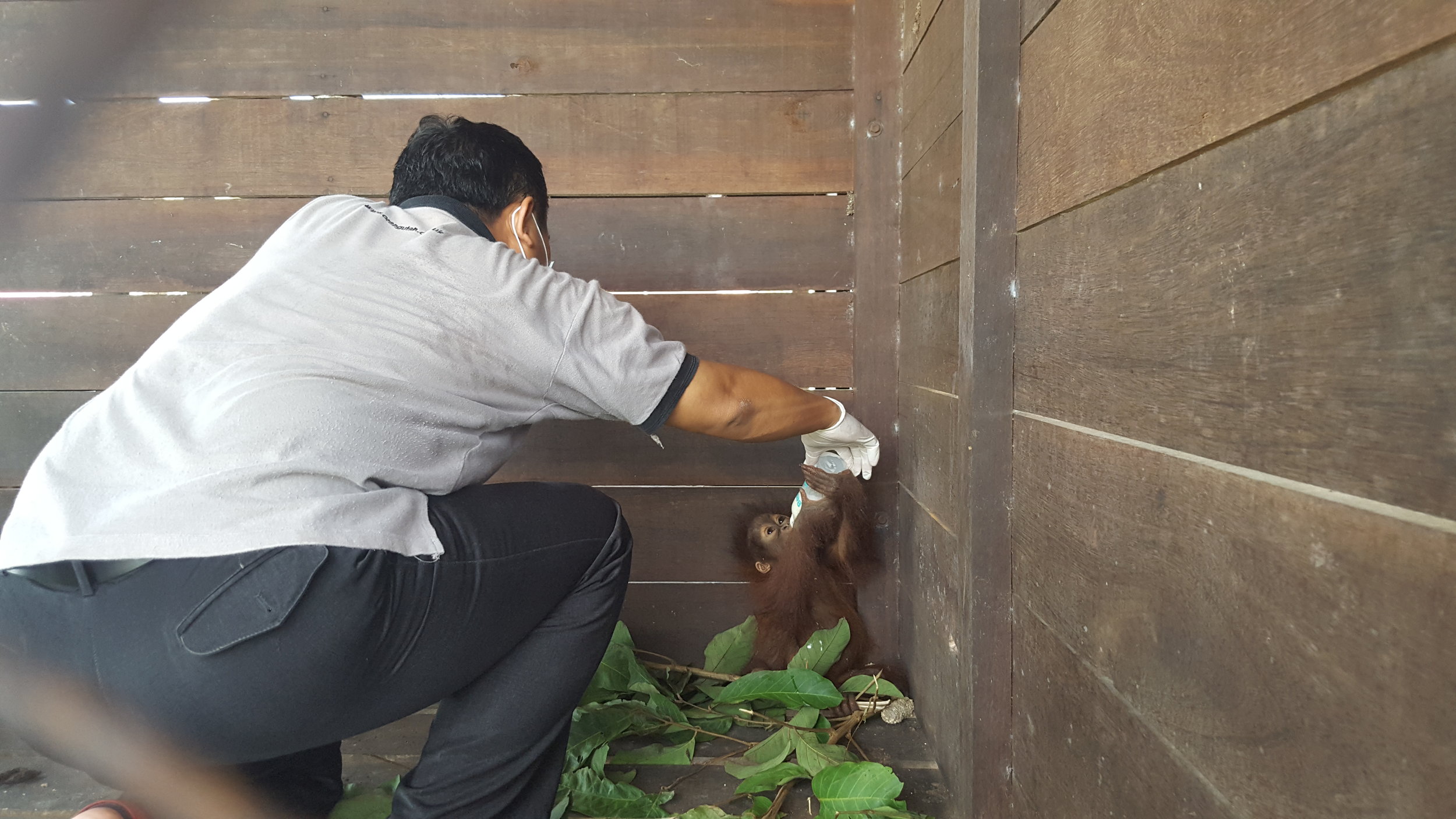
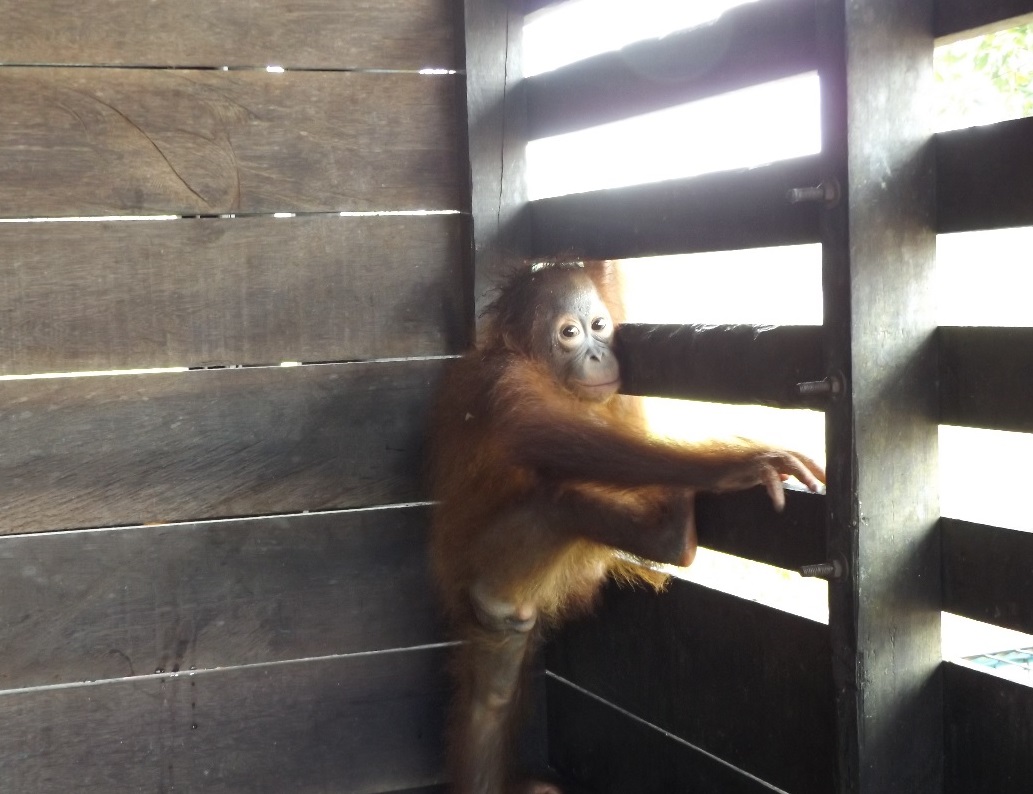
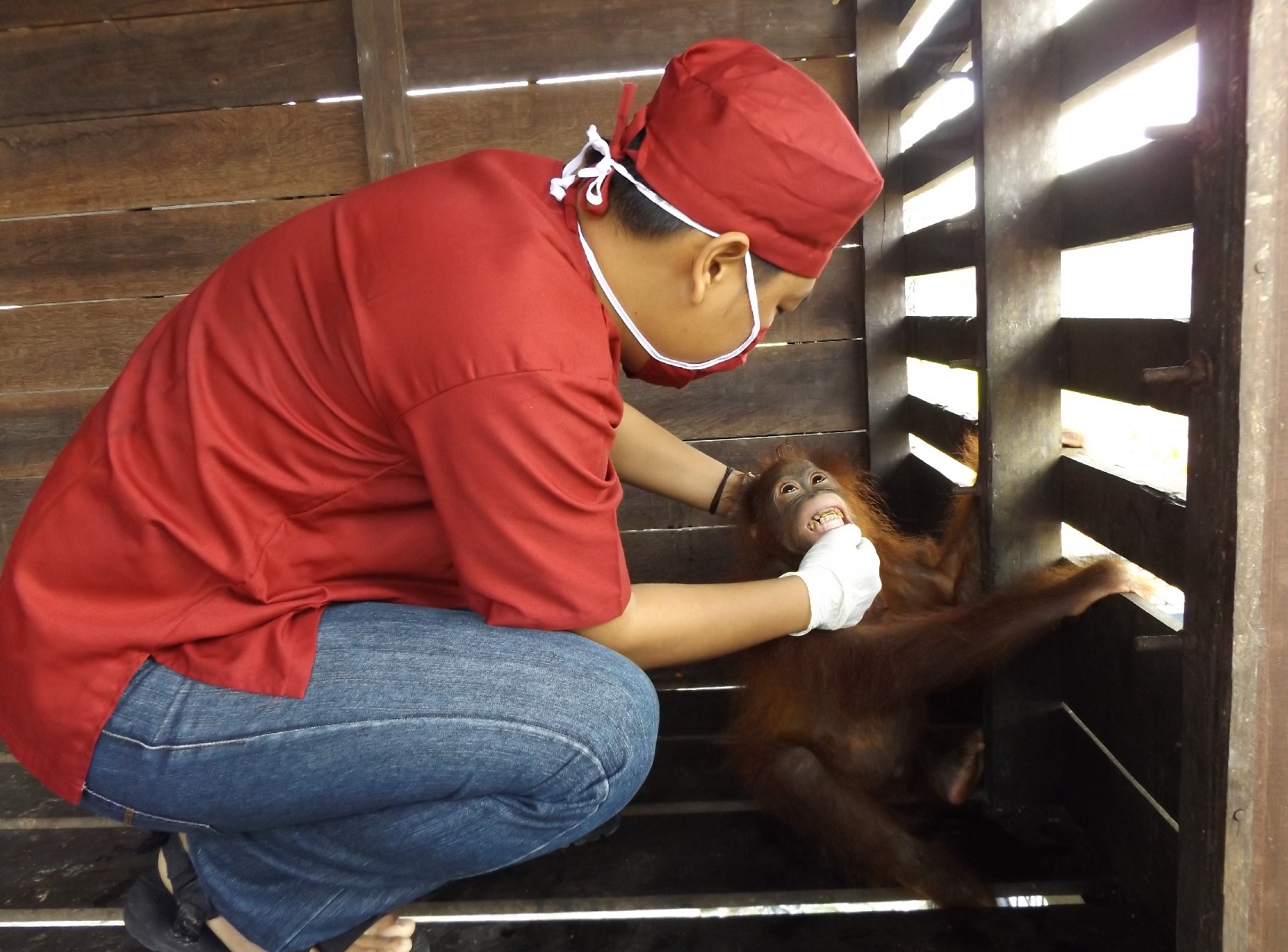

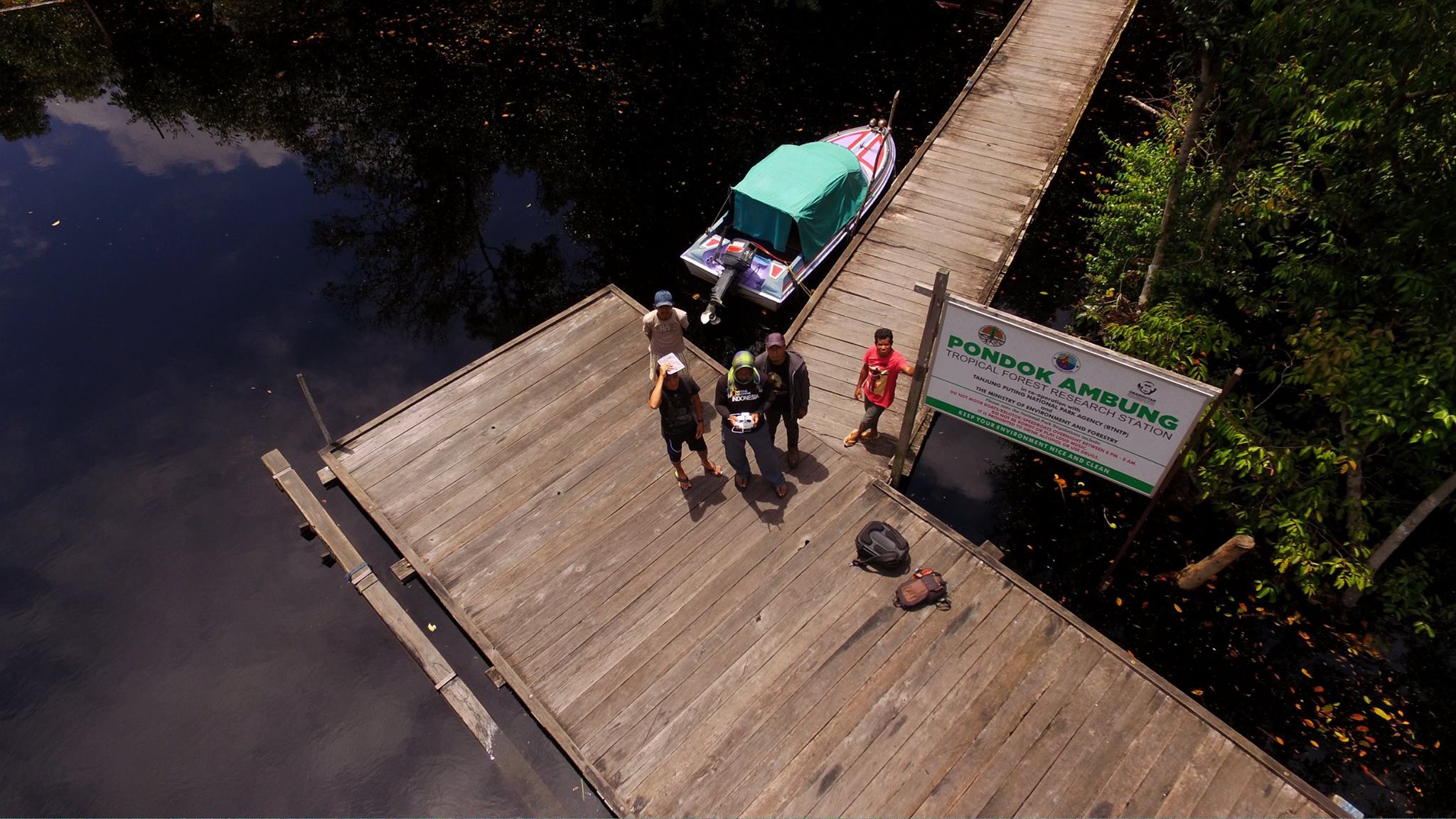
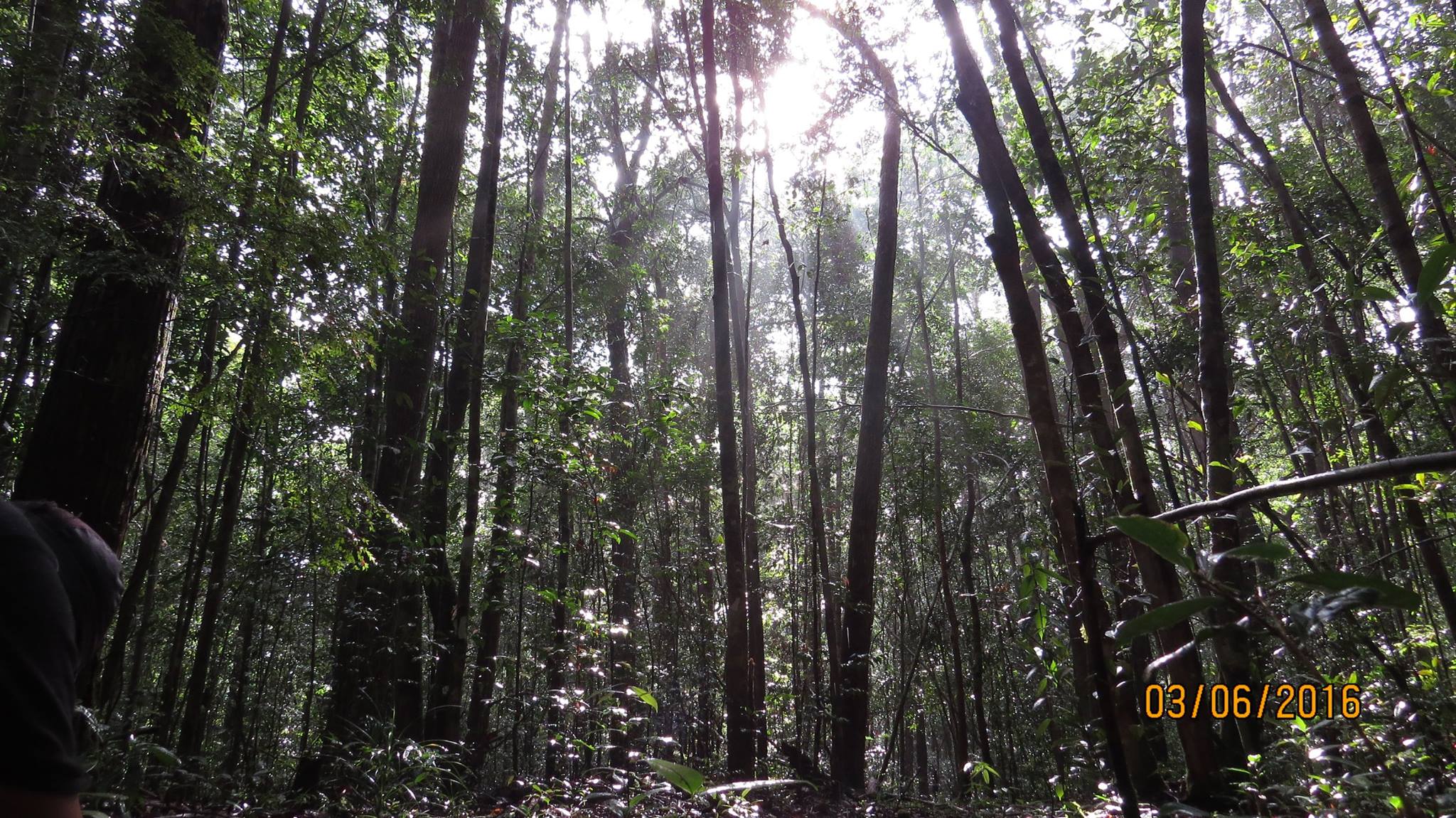
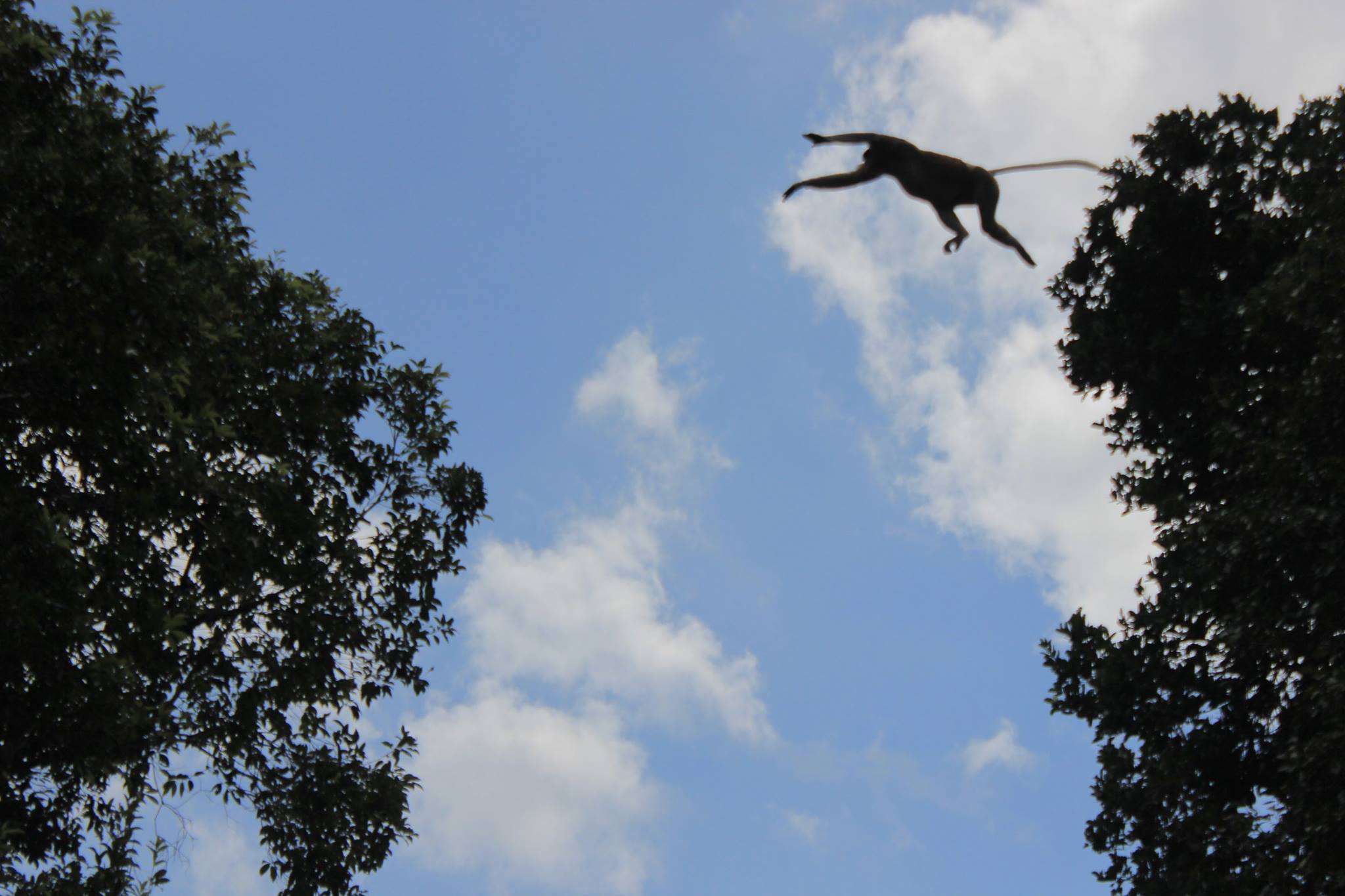
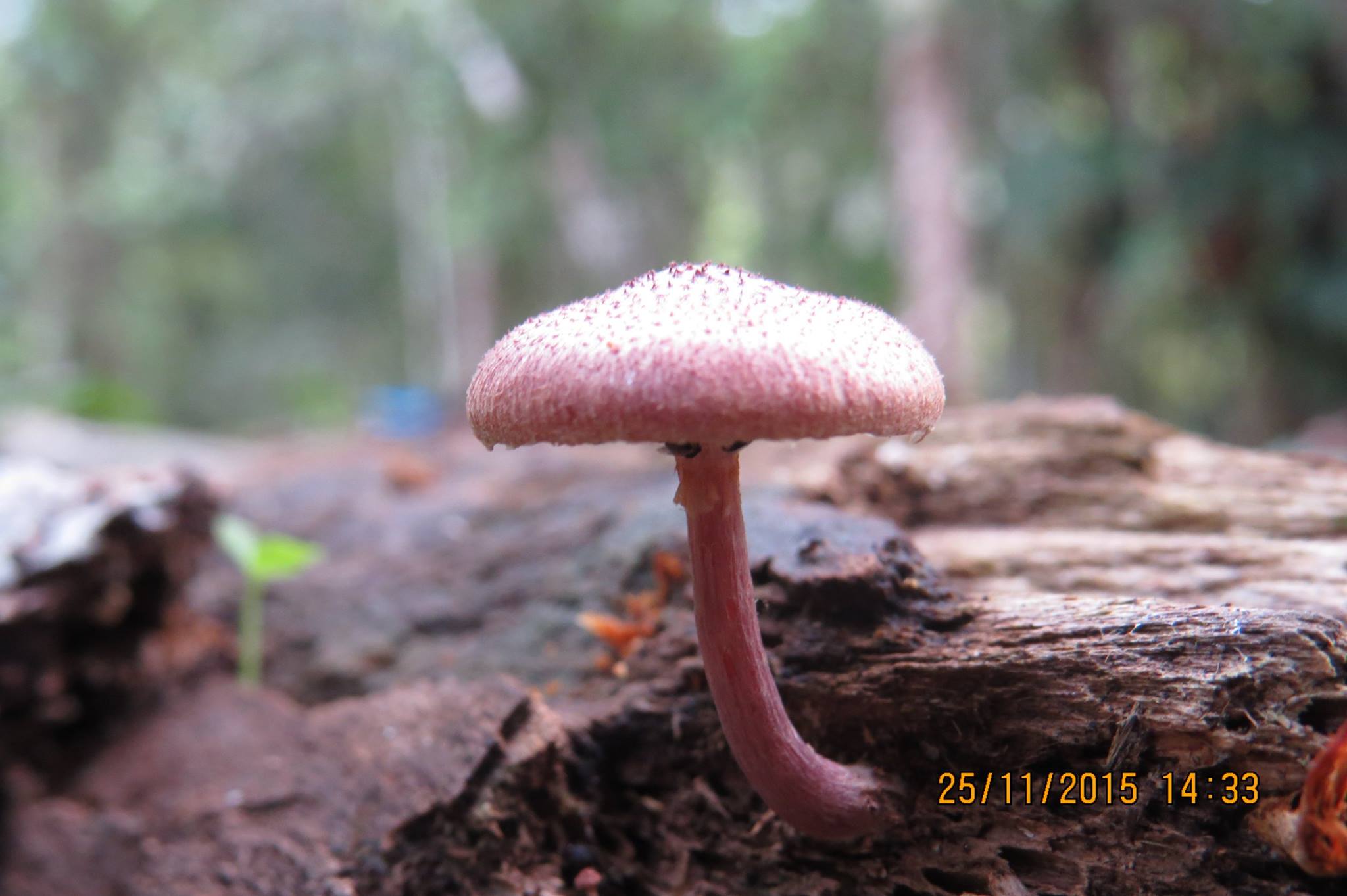
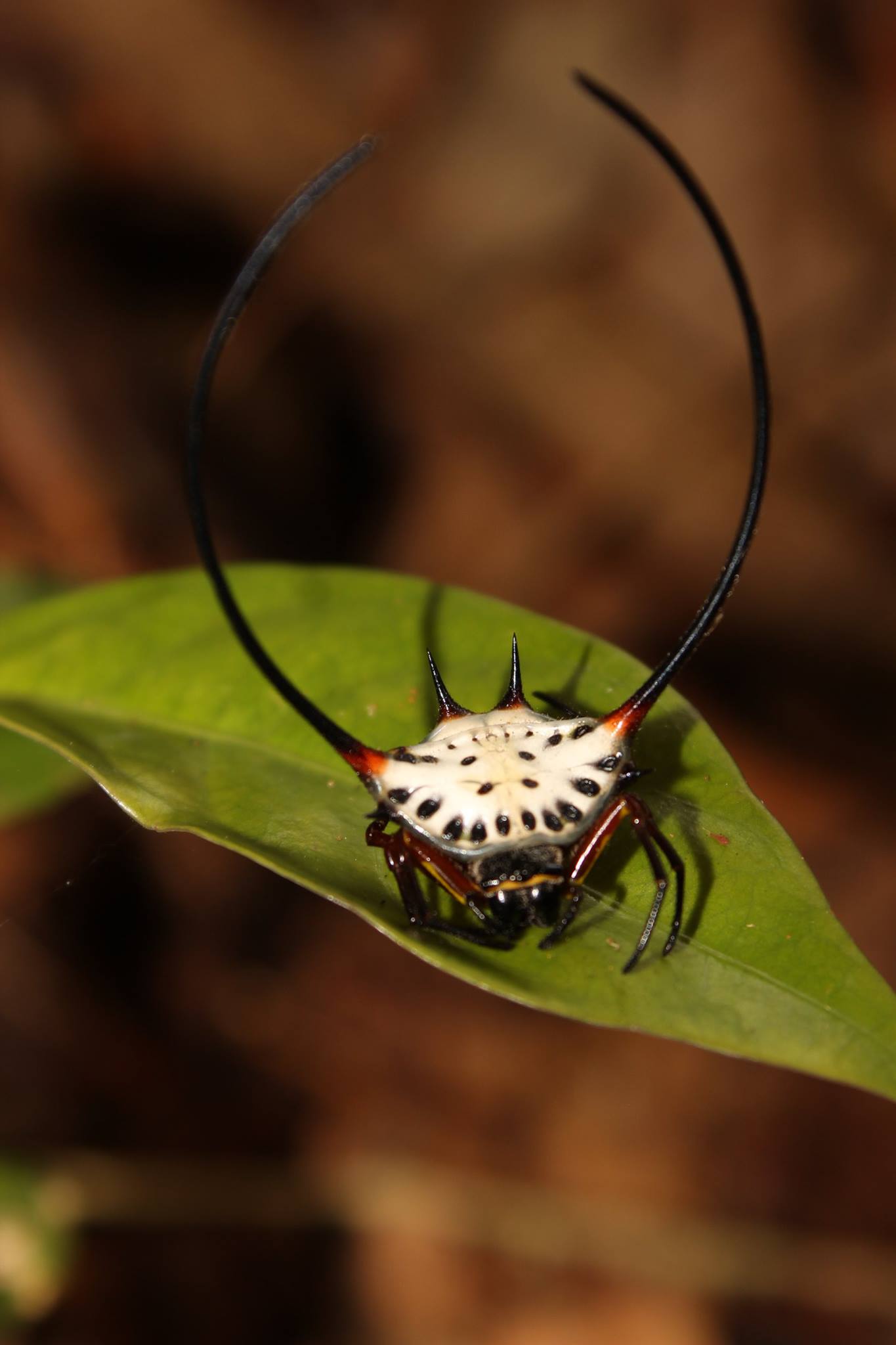
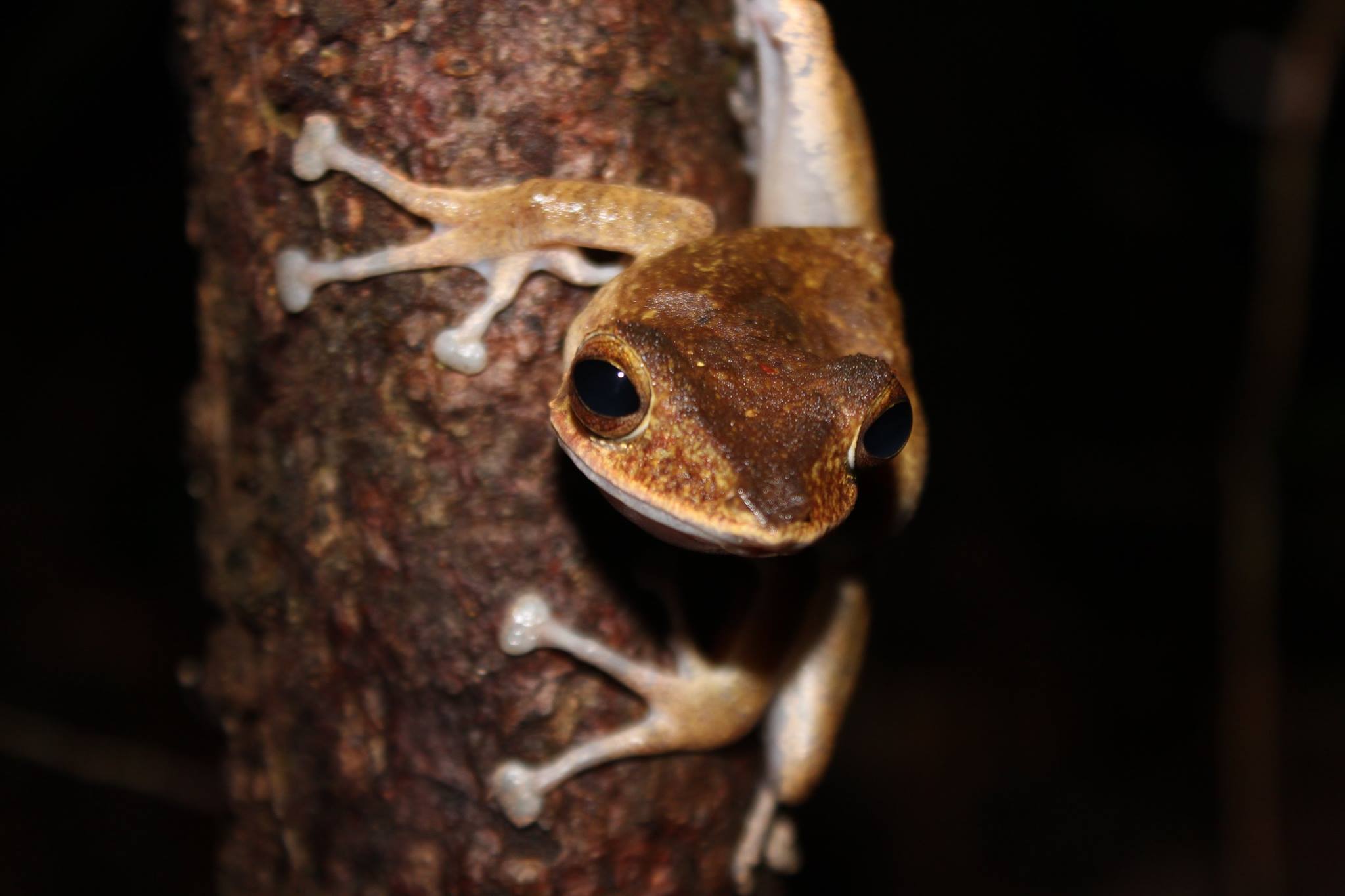
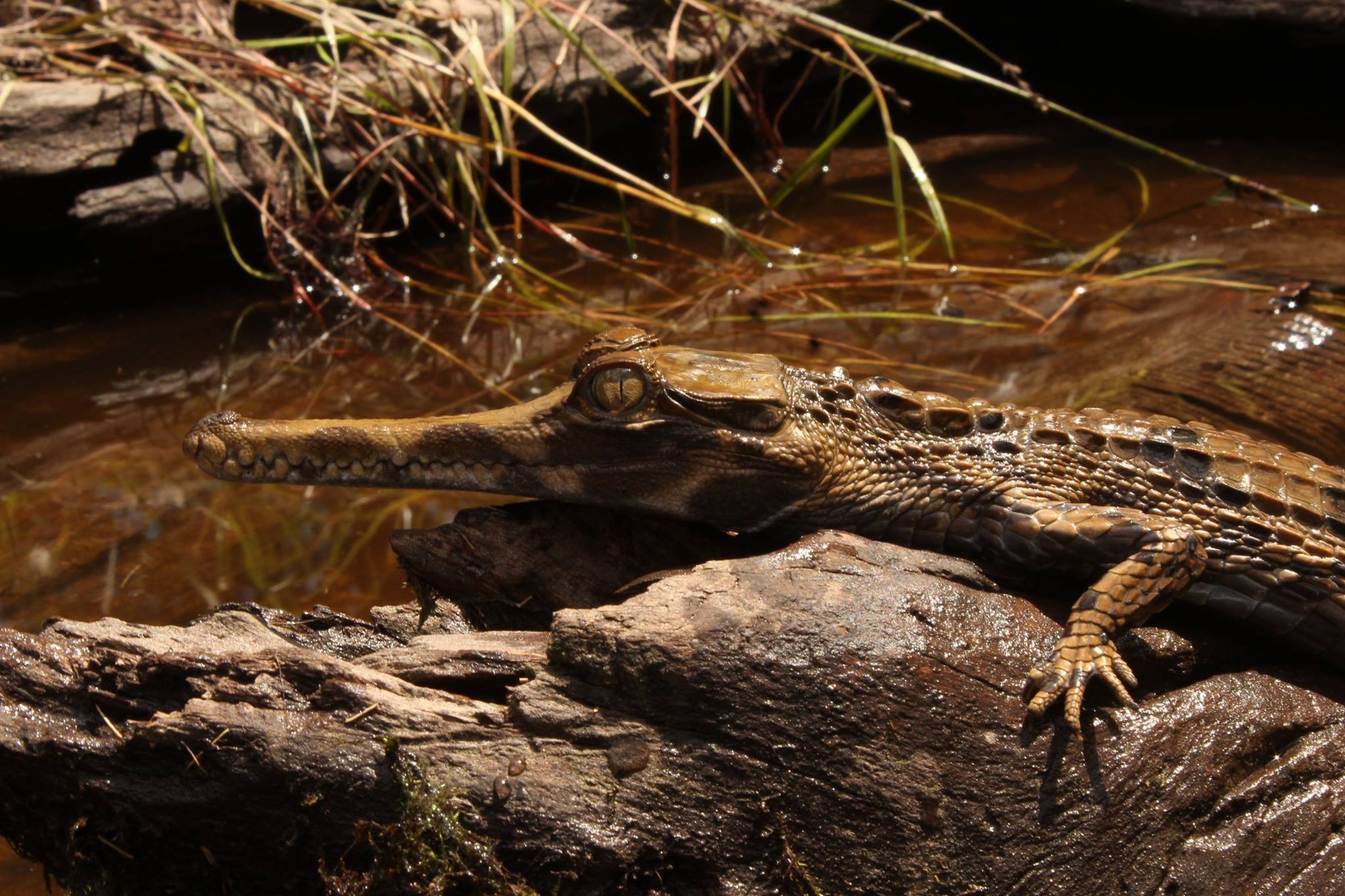 Pondok Ambung is available for use by individuals wishing to conduct research within Tanjung Puting National Park.
Pondok Ambung is available for use by individuals wishing to conduct research within Tanjung Puting National Park.